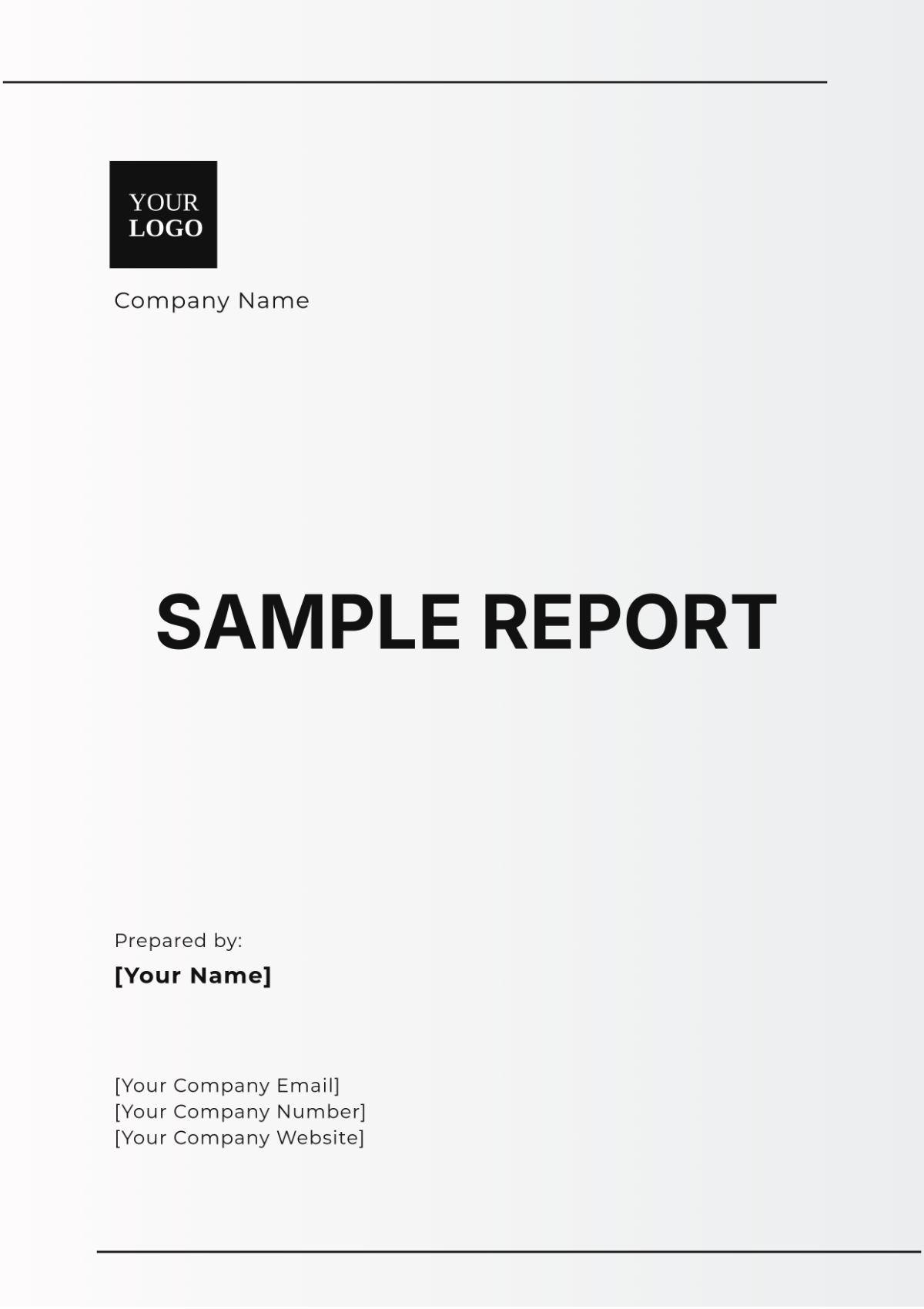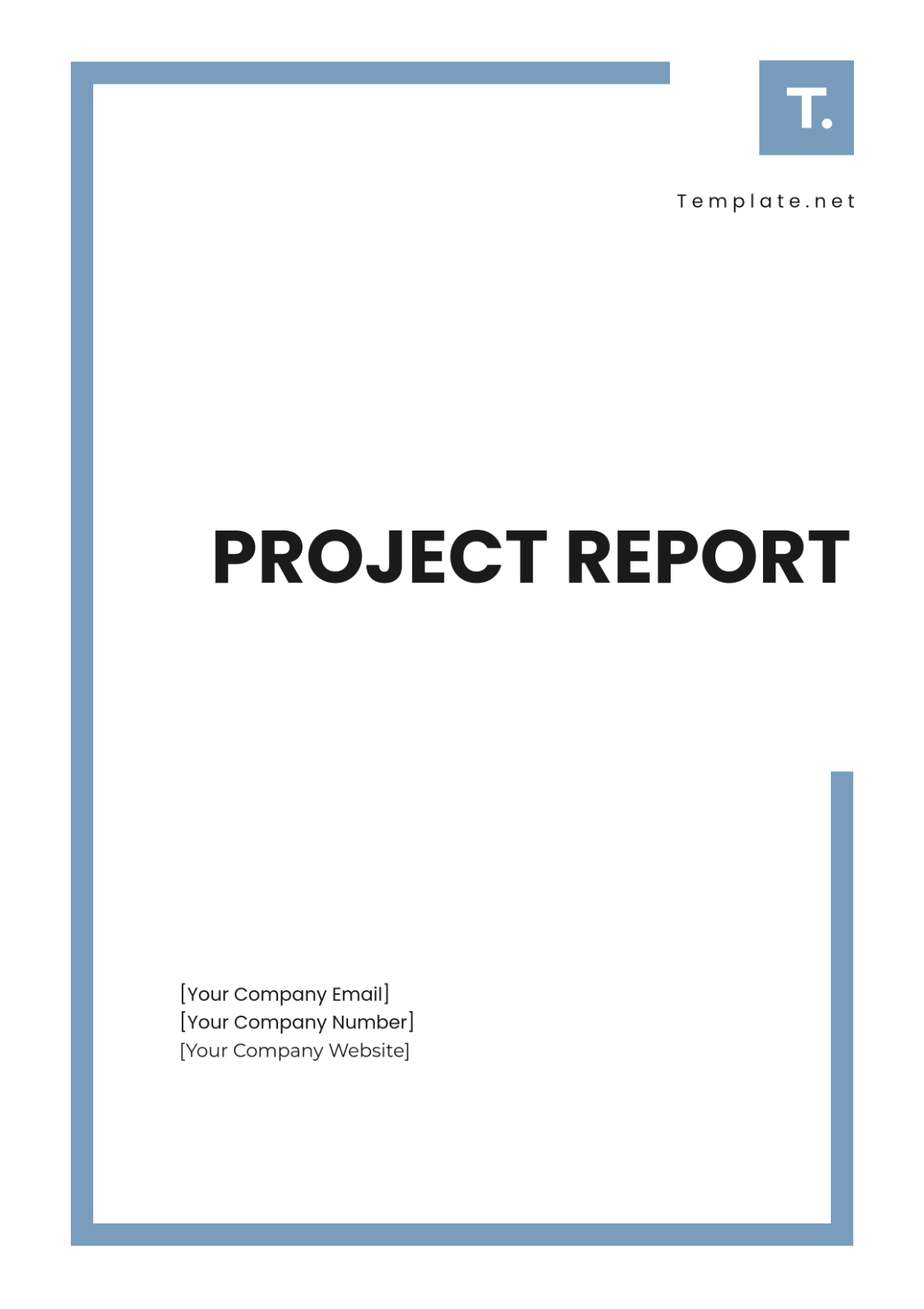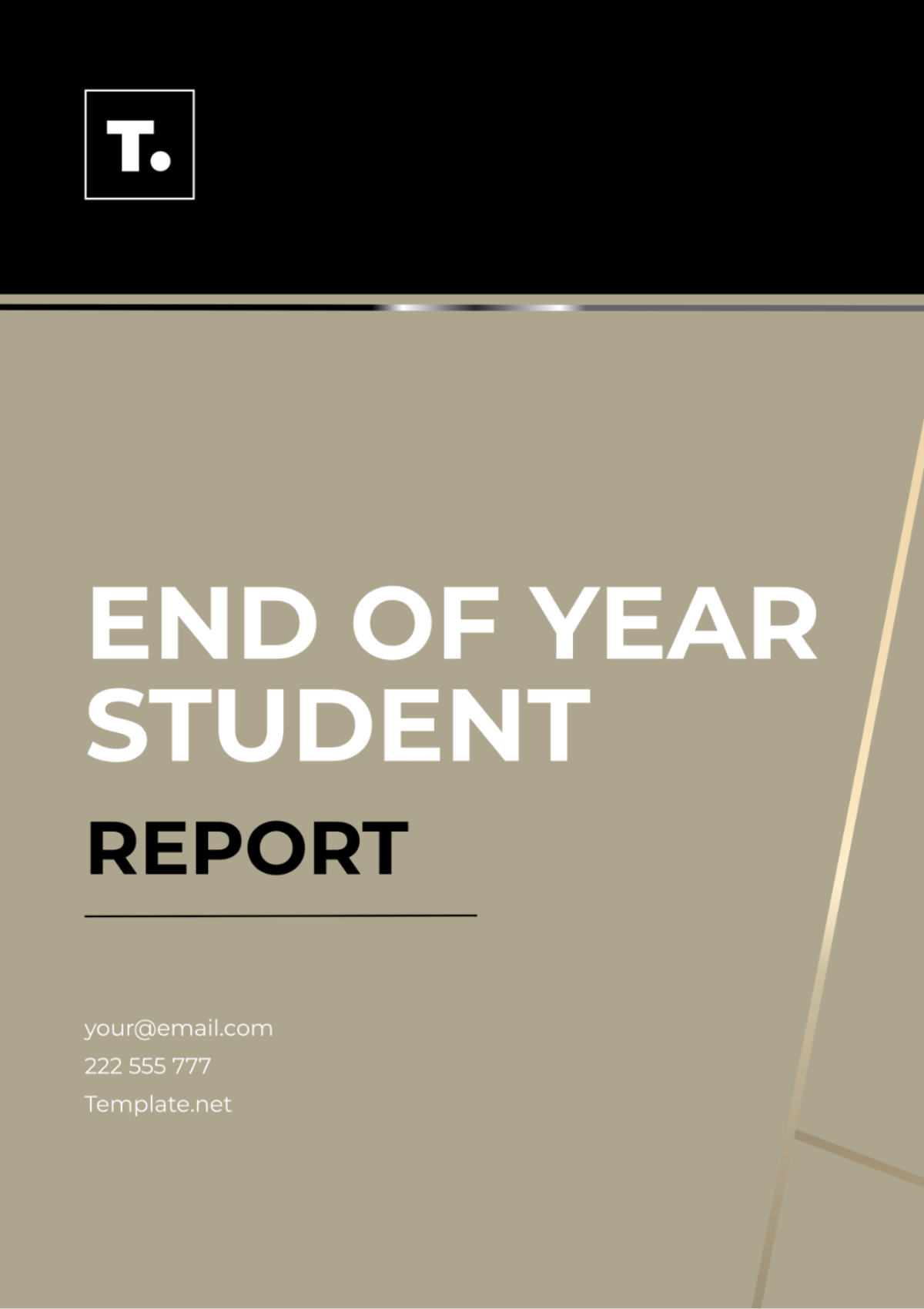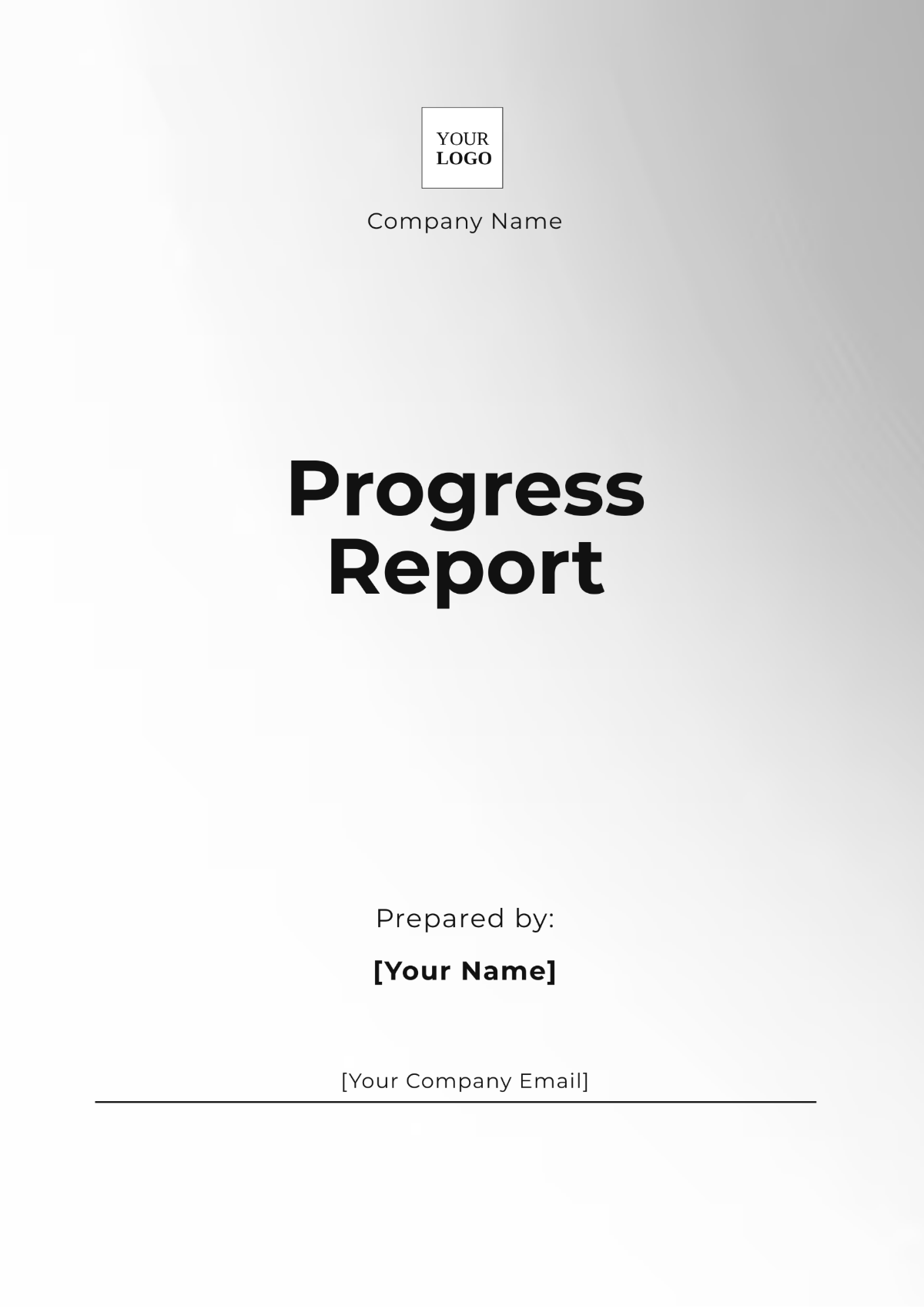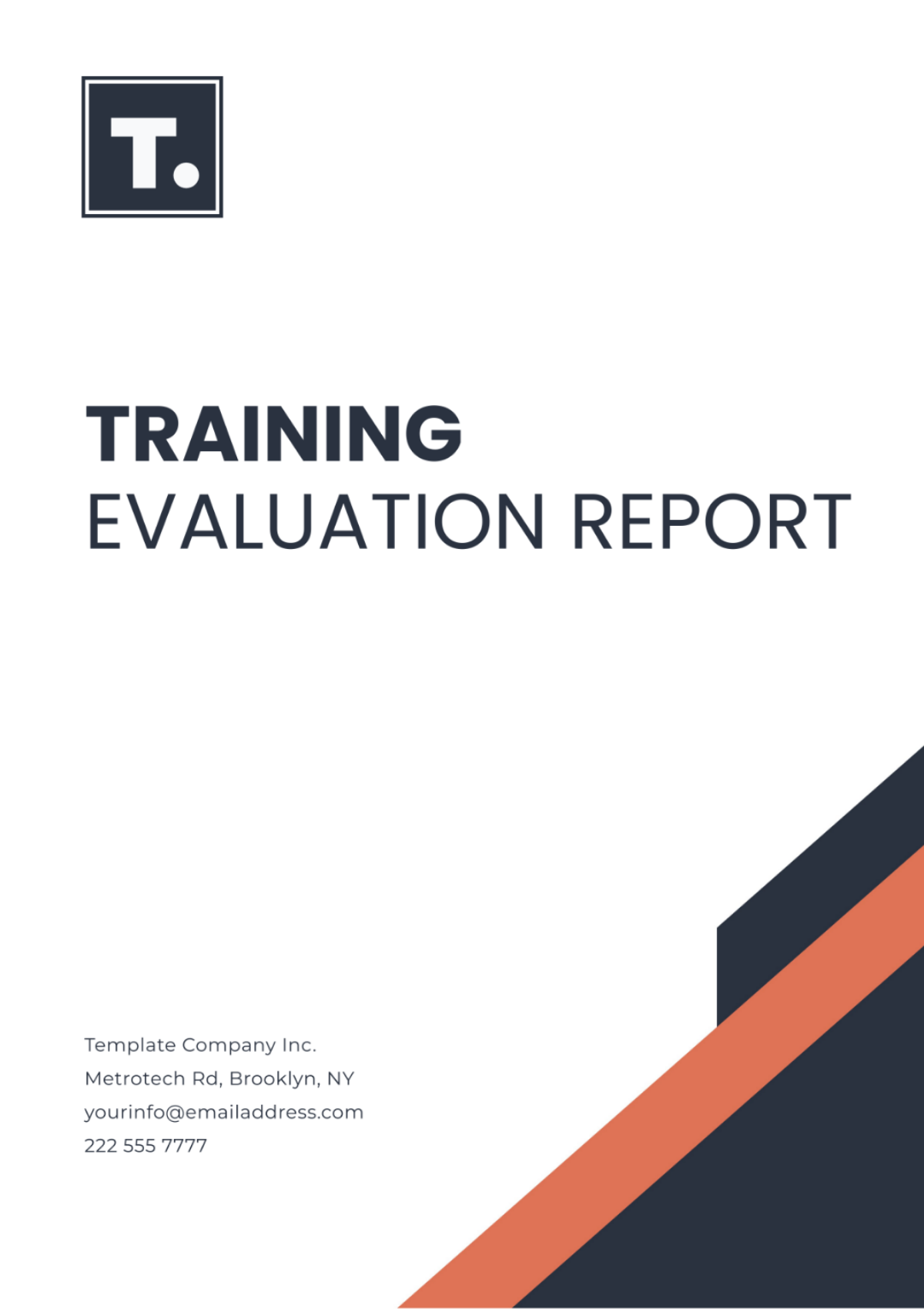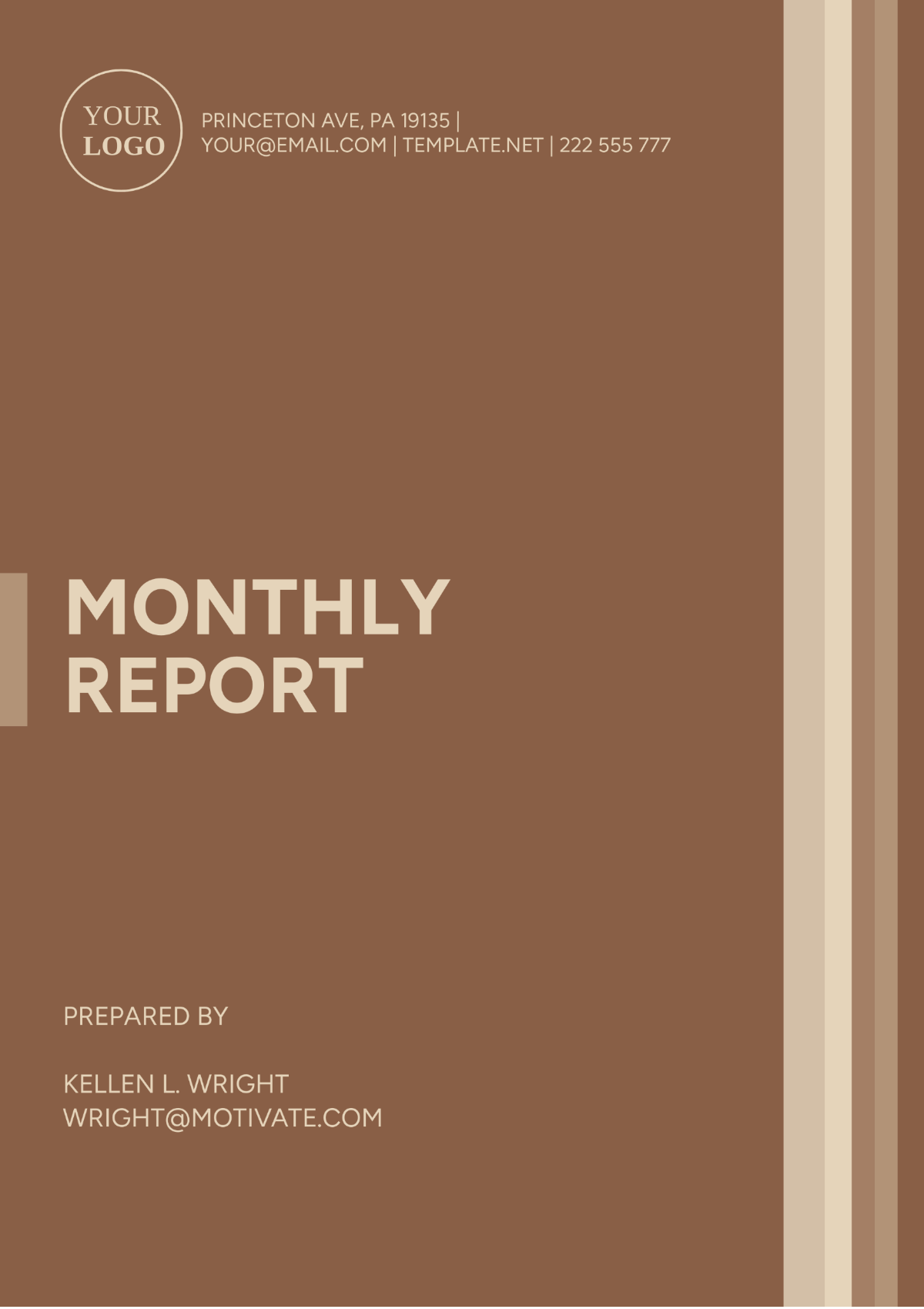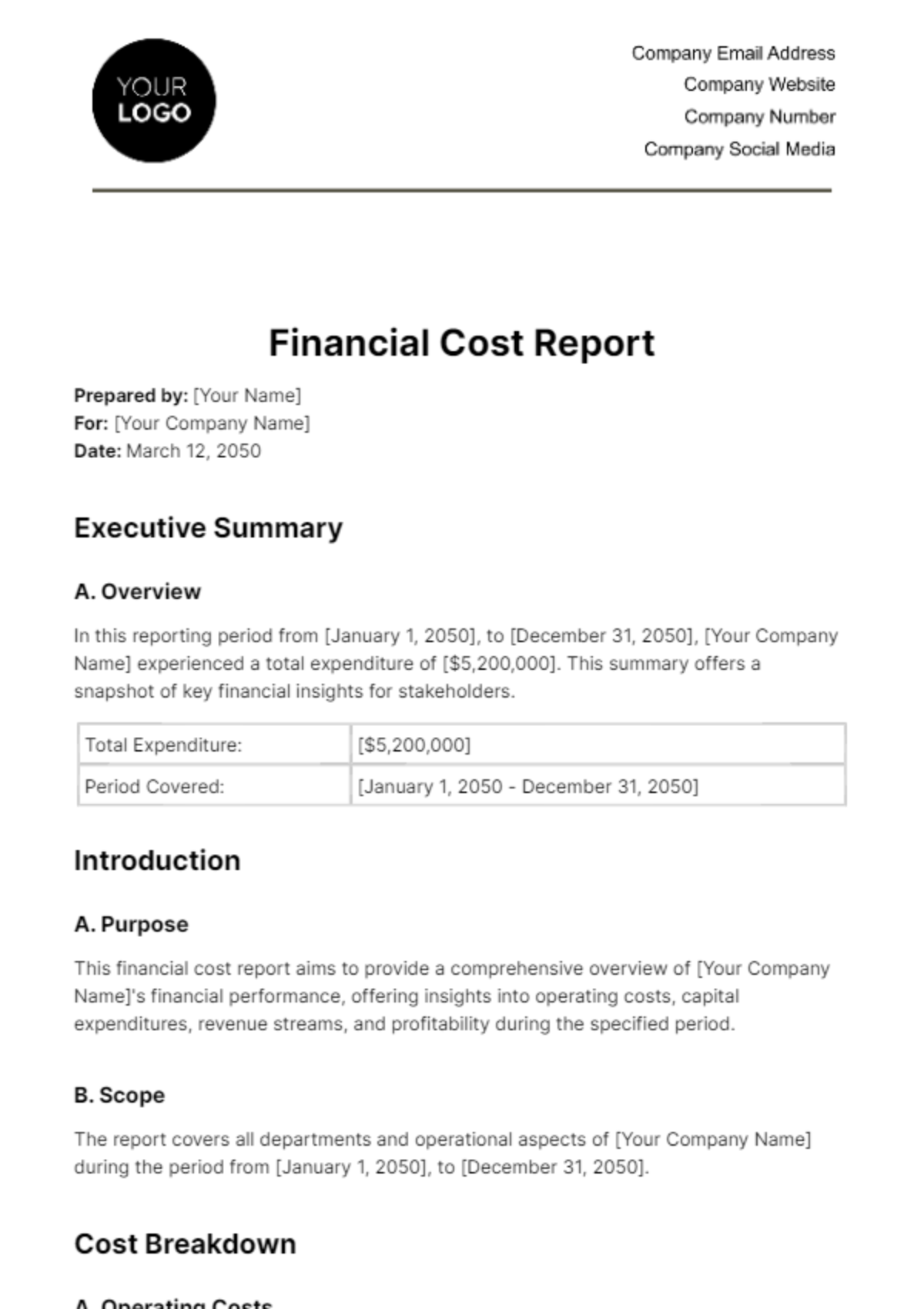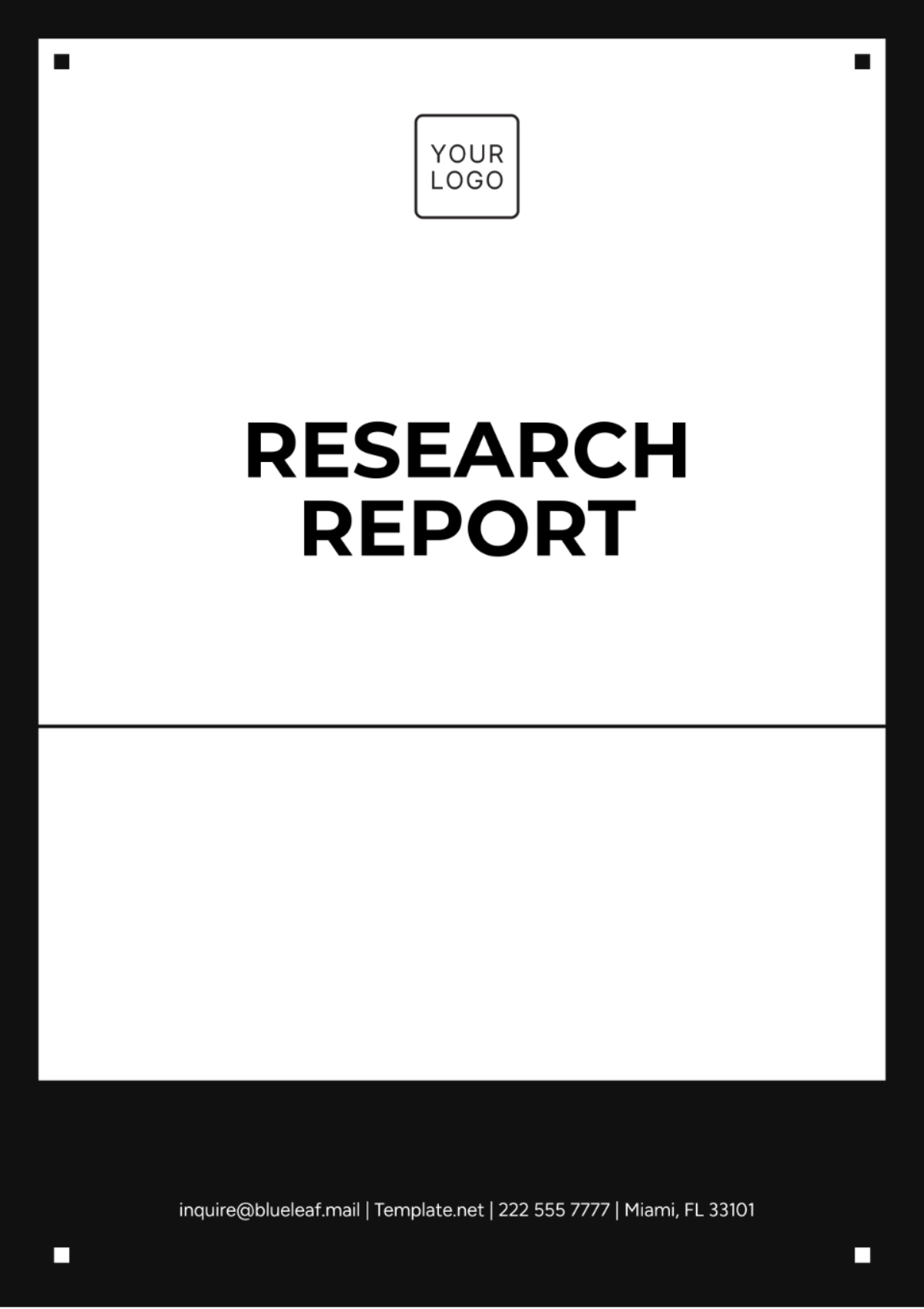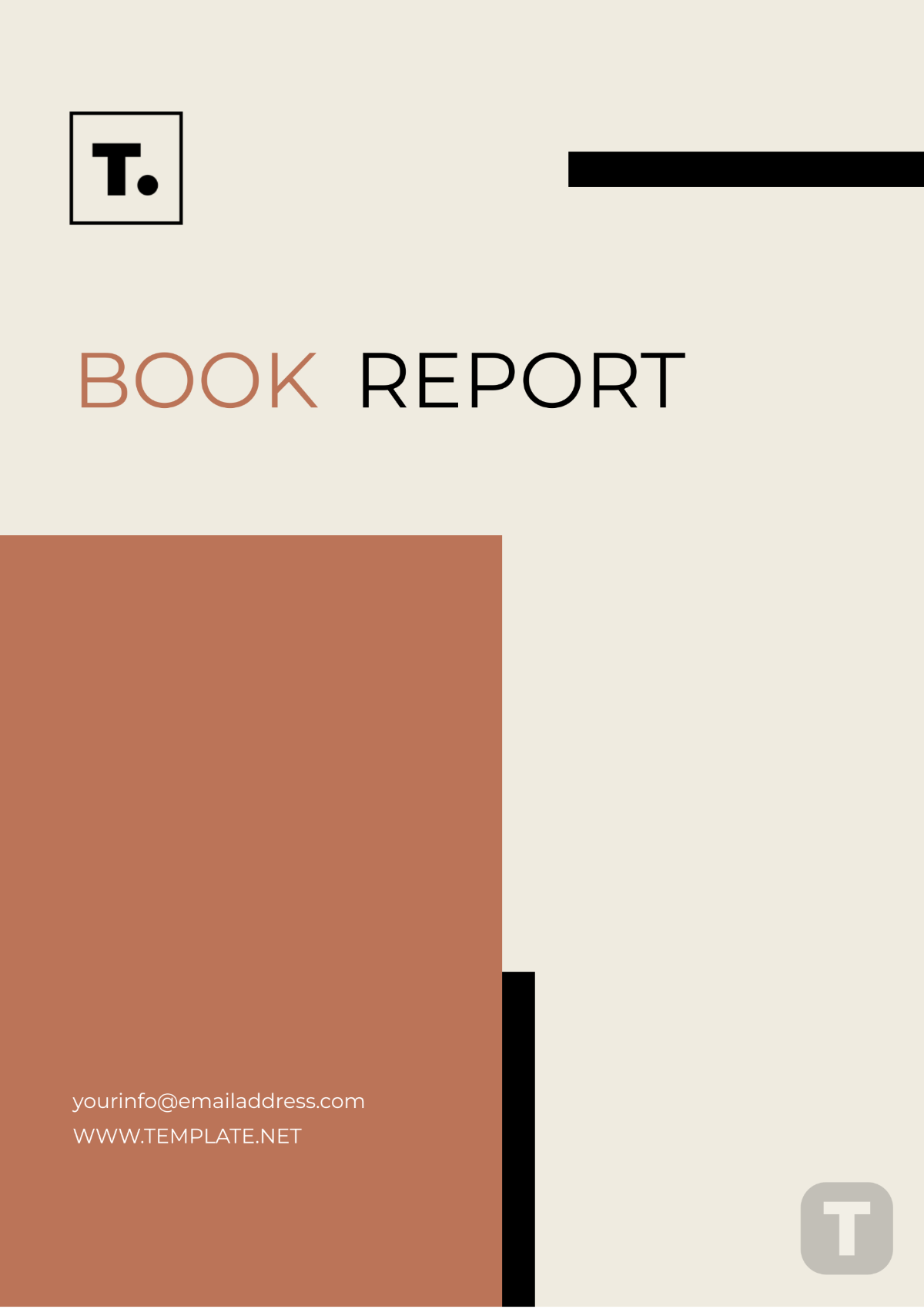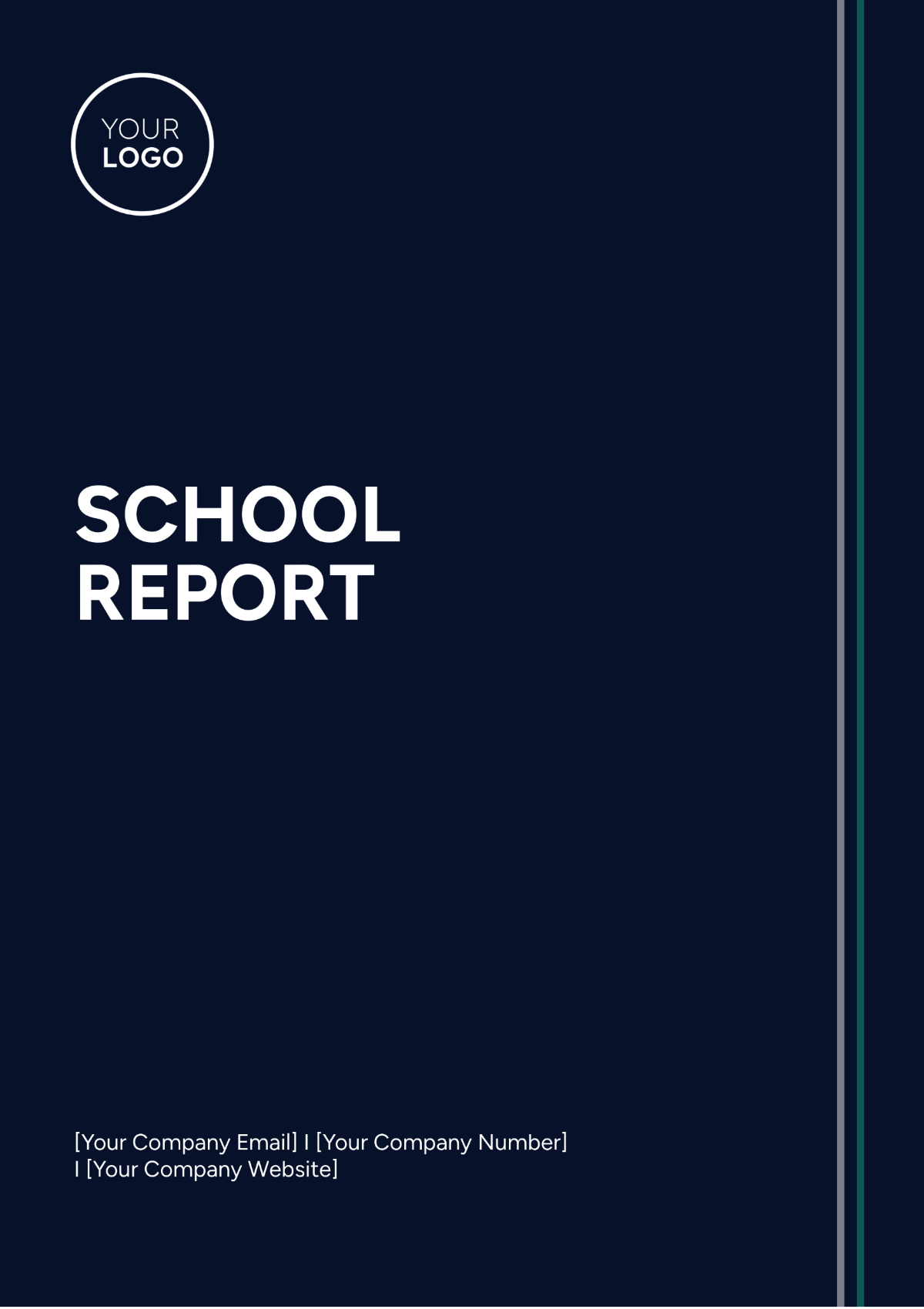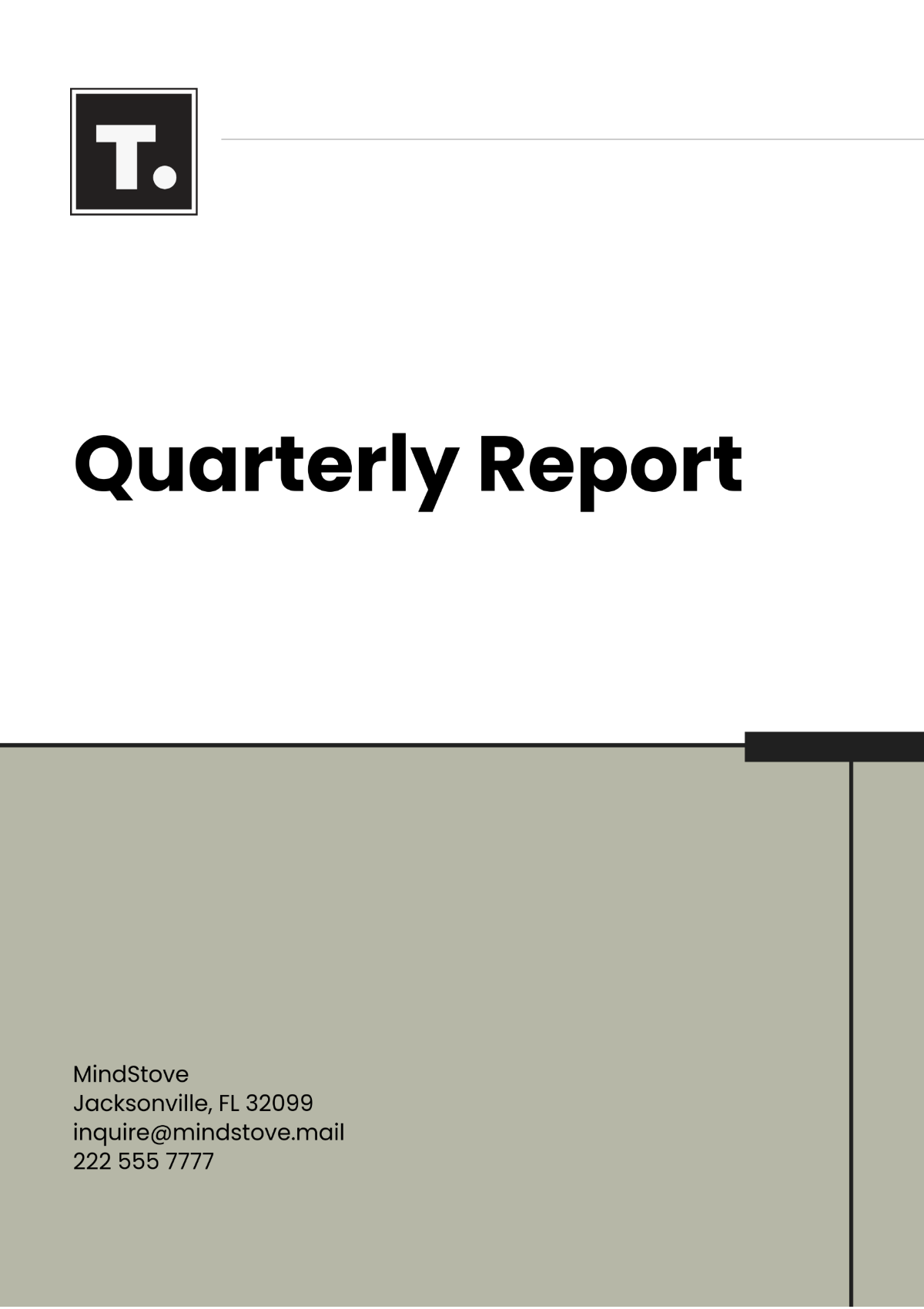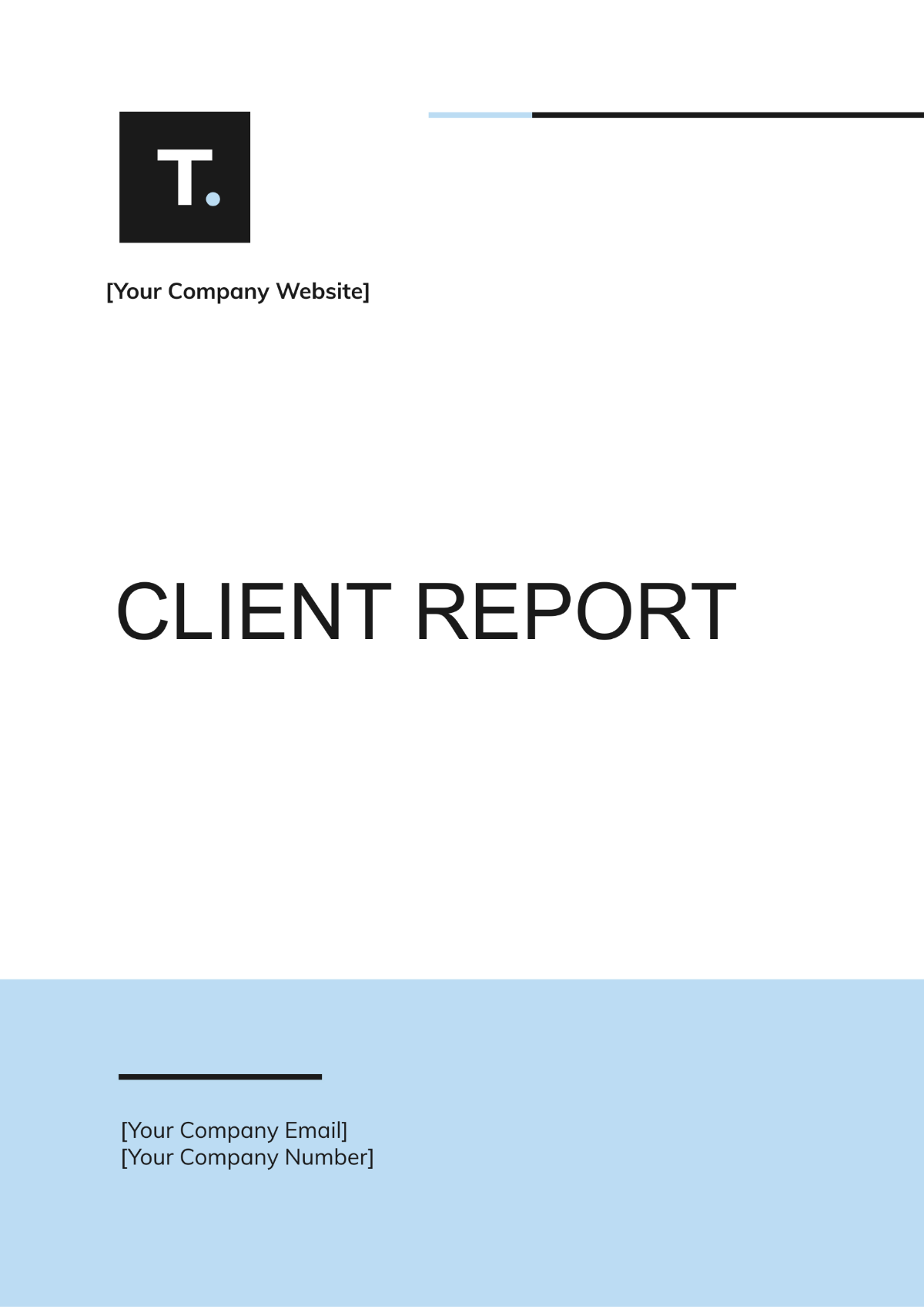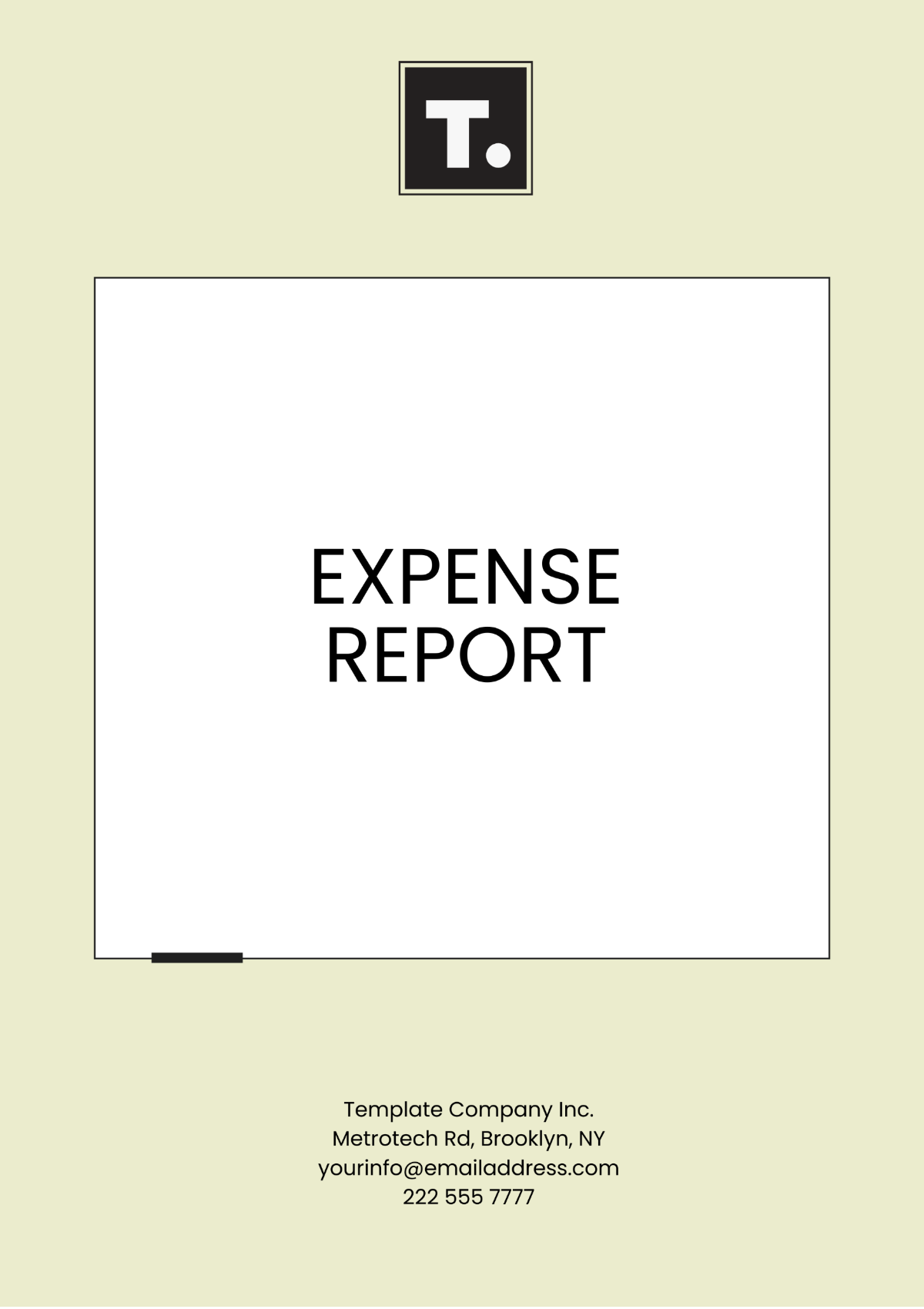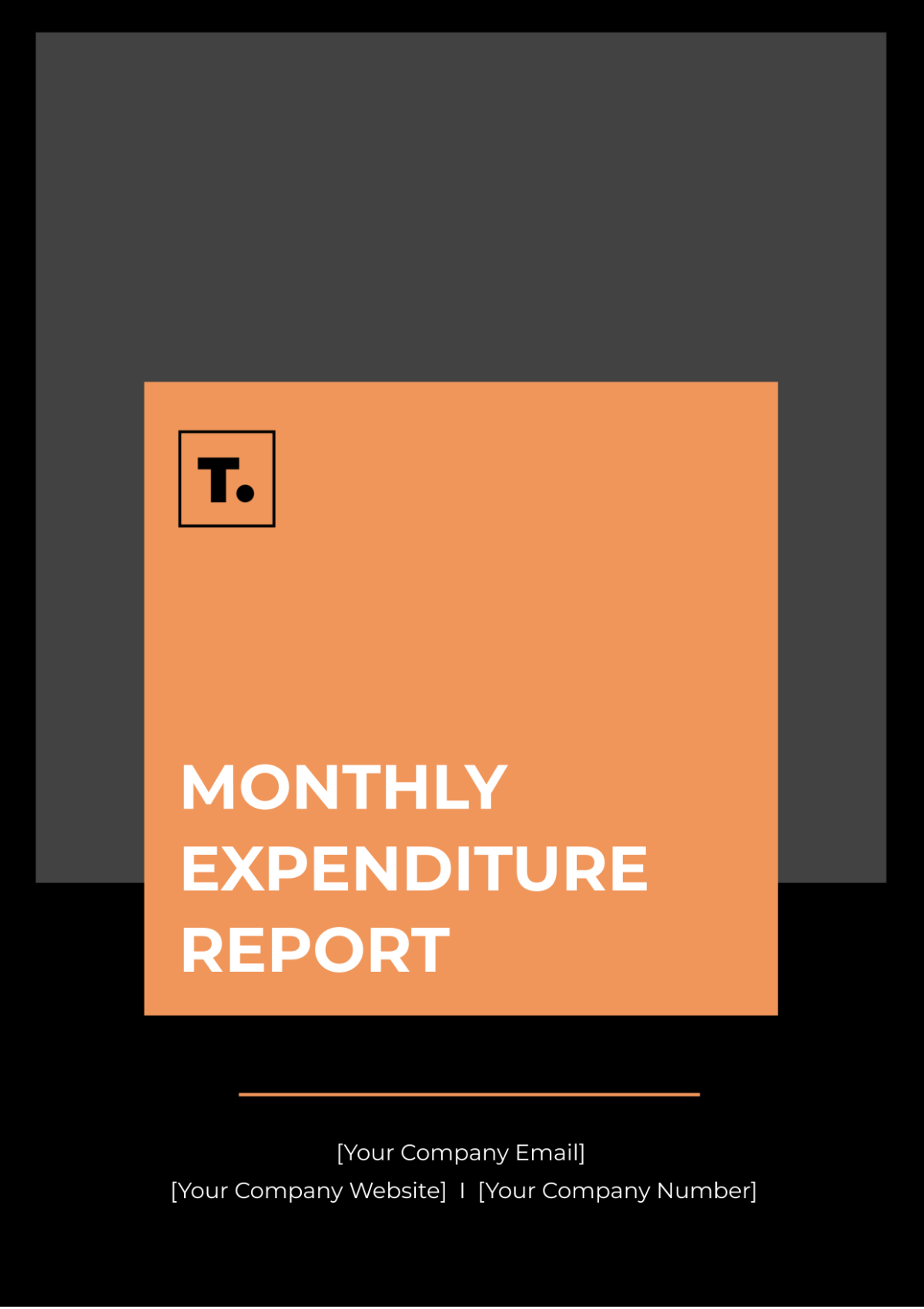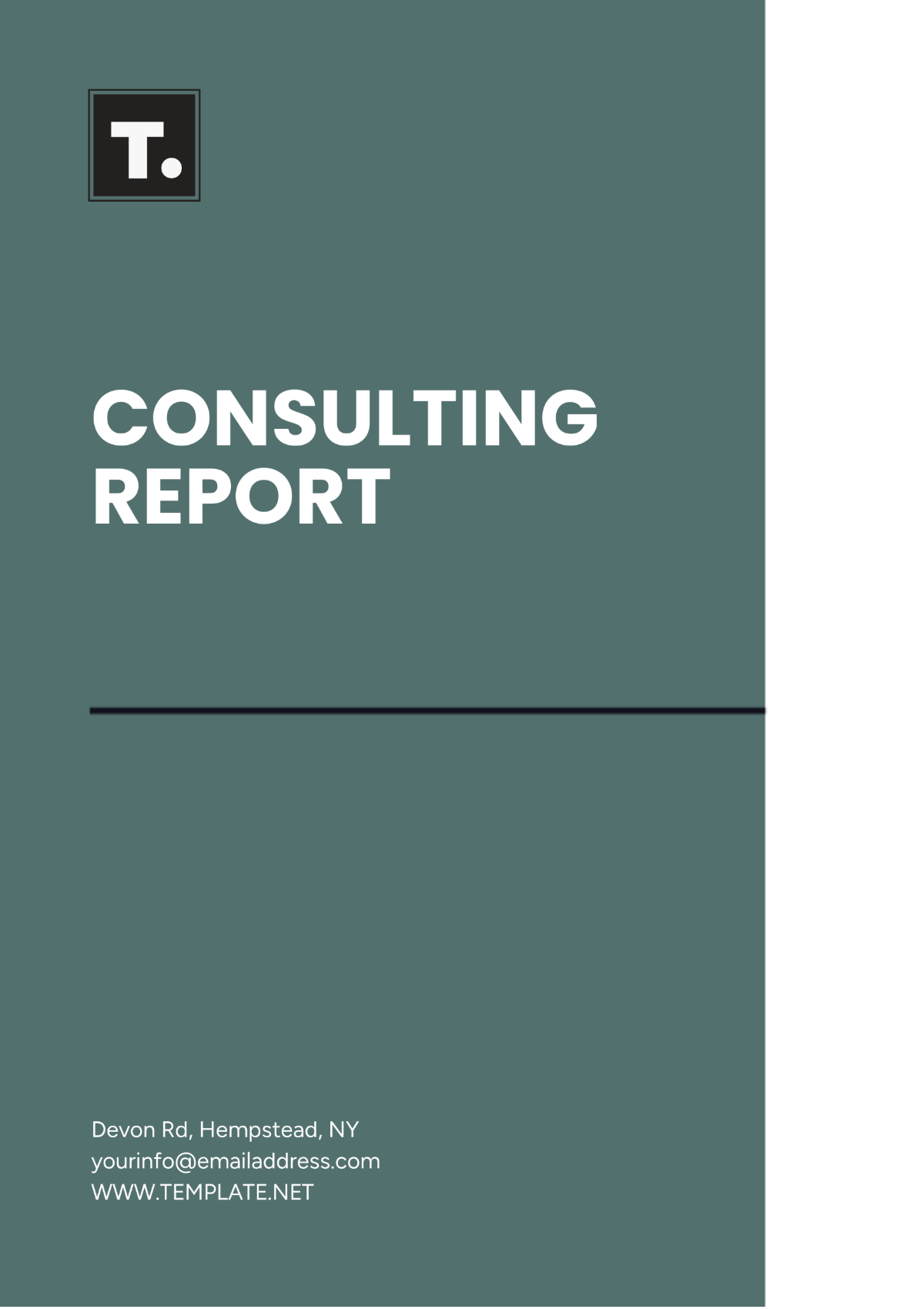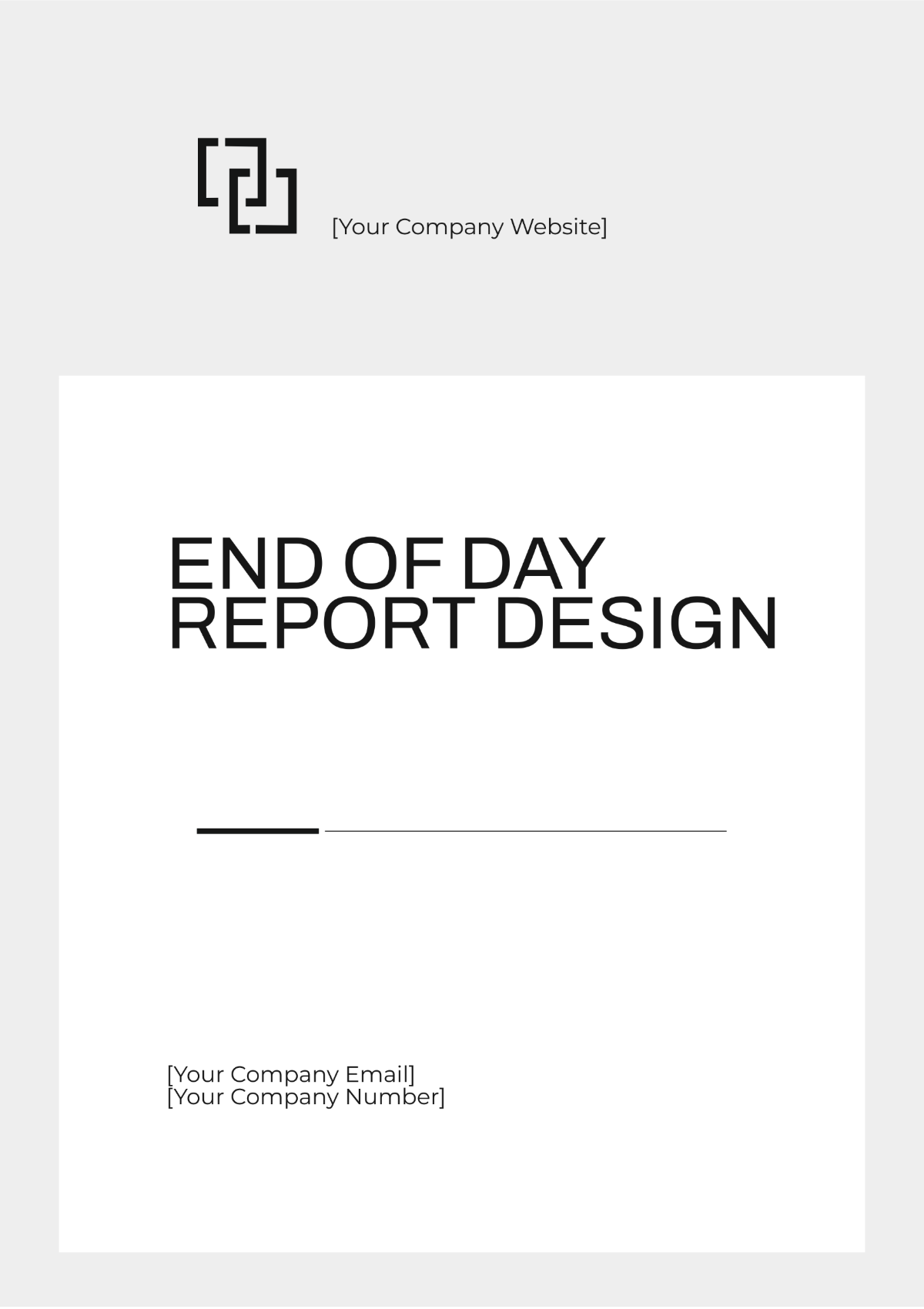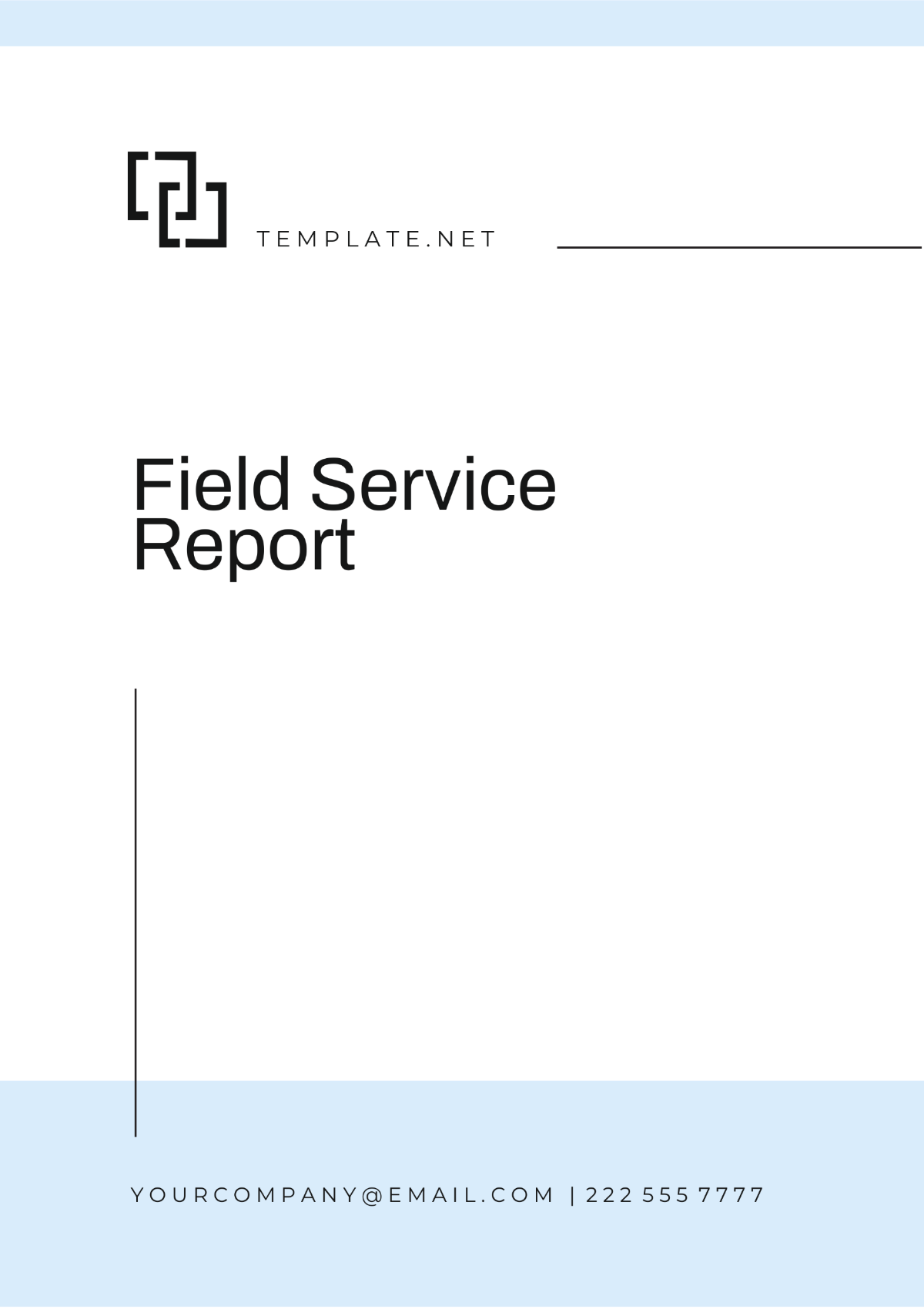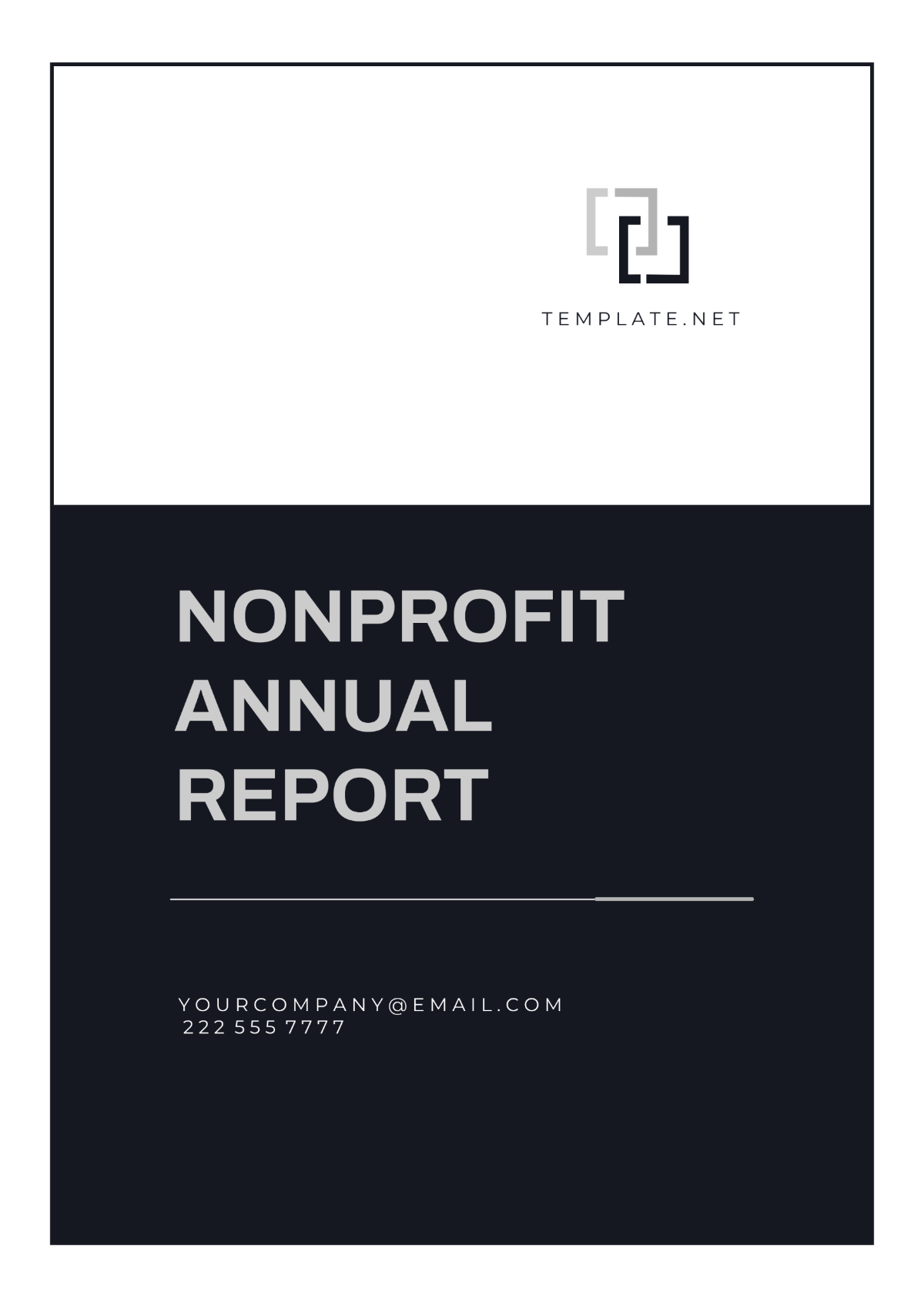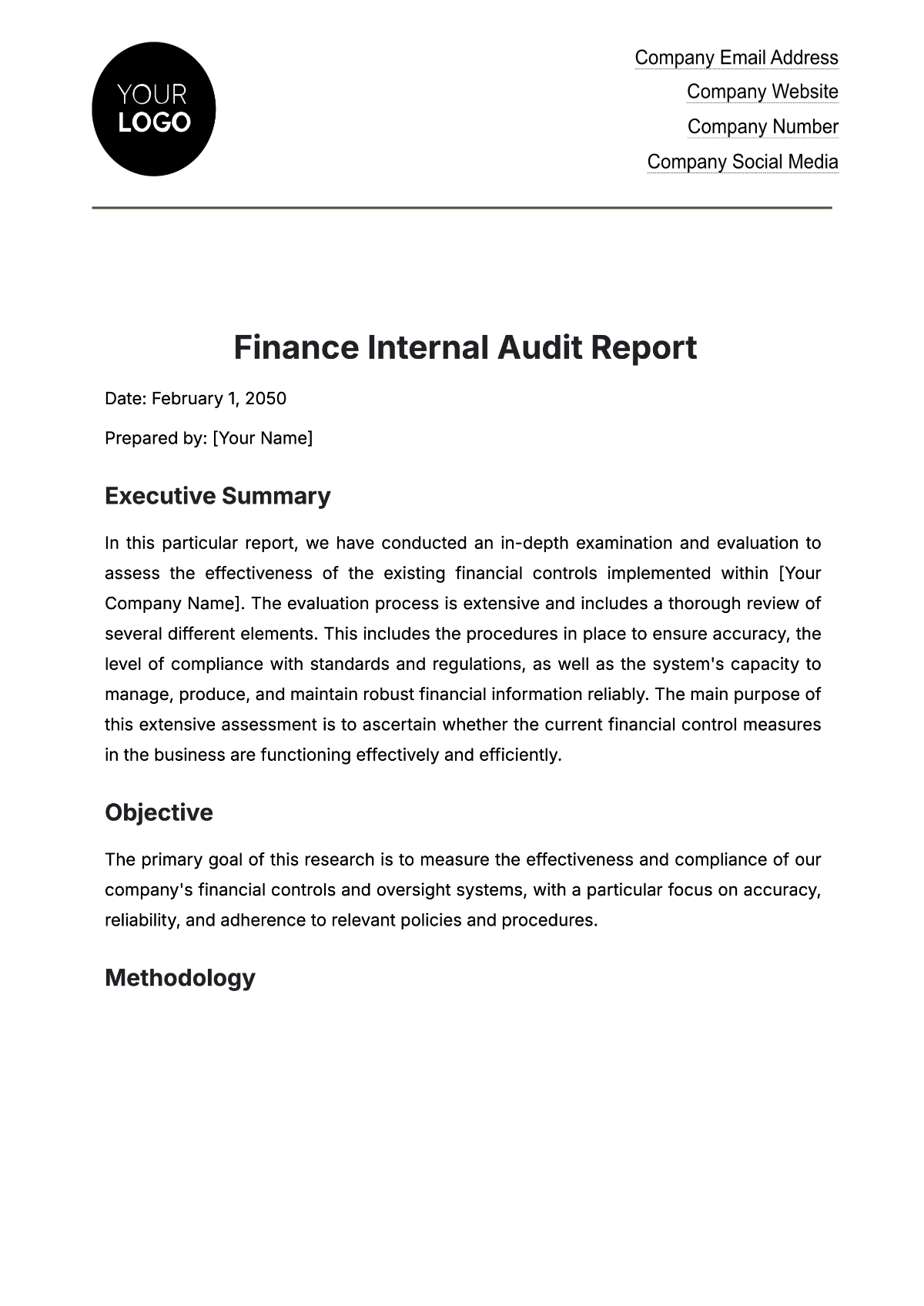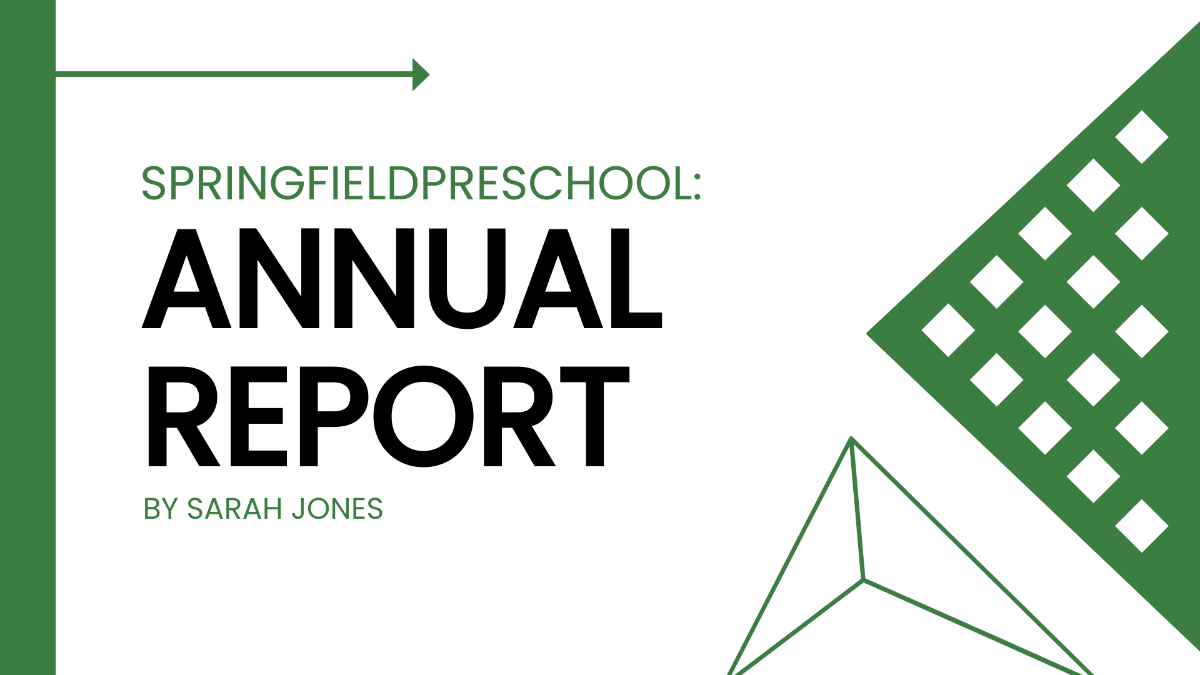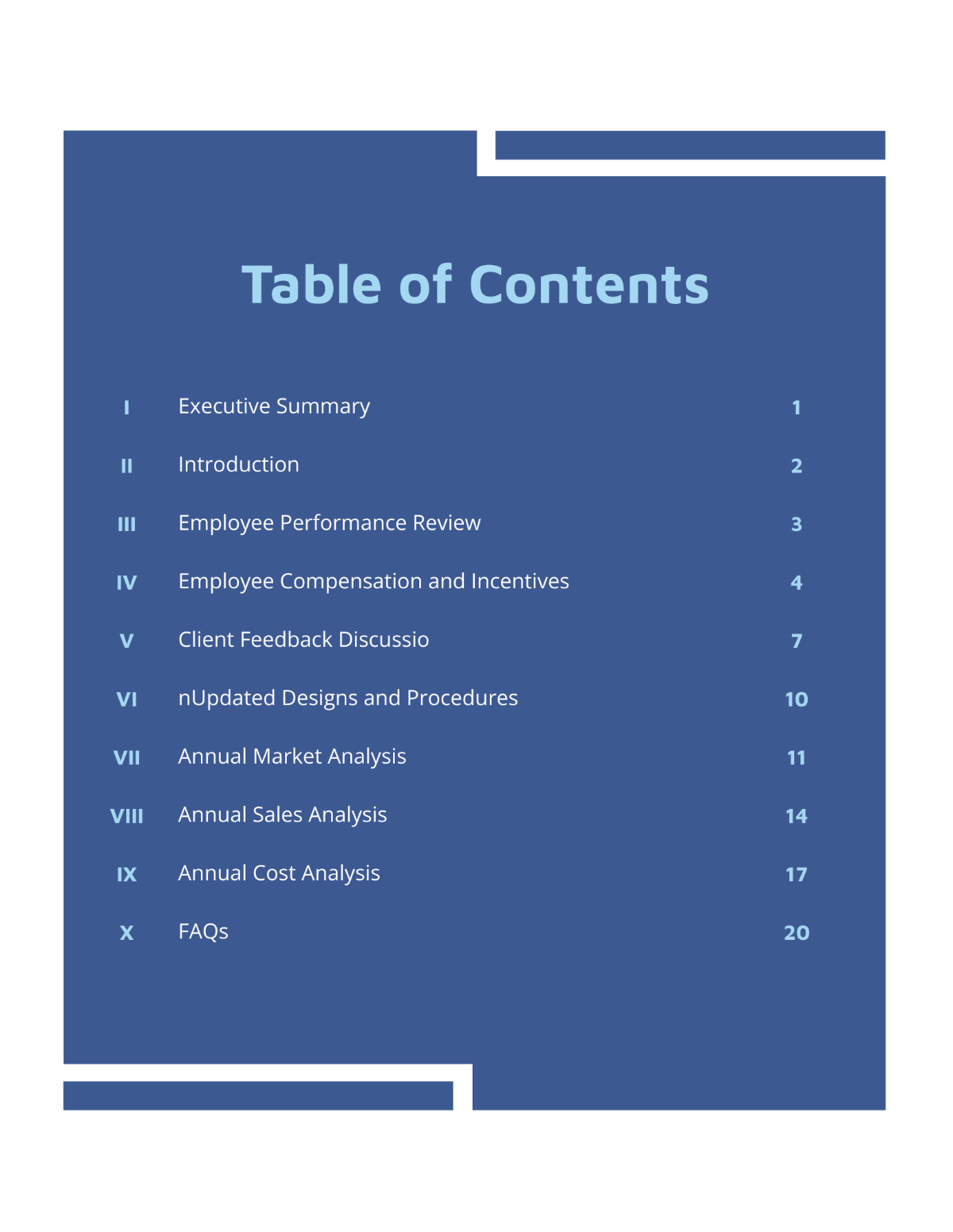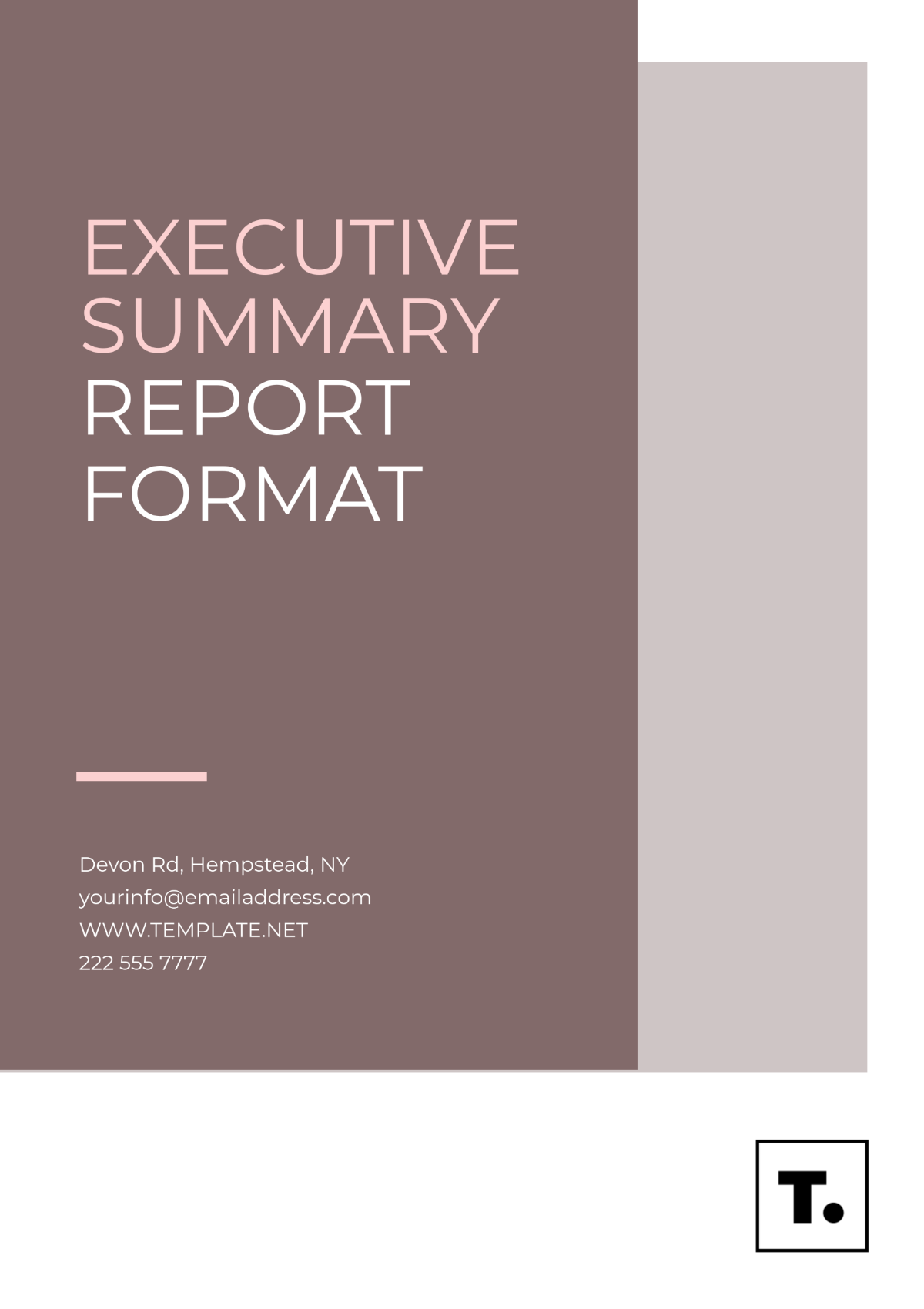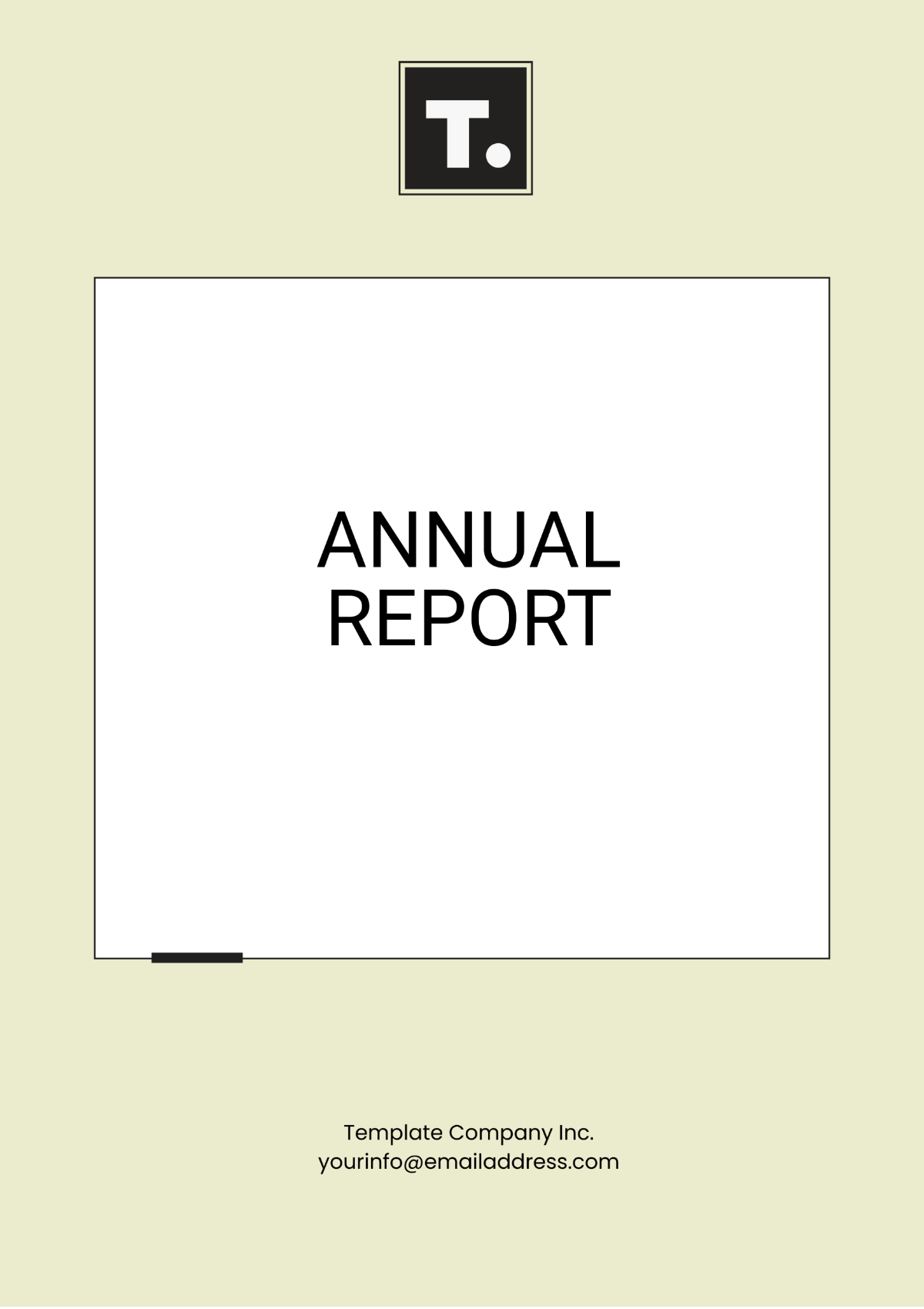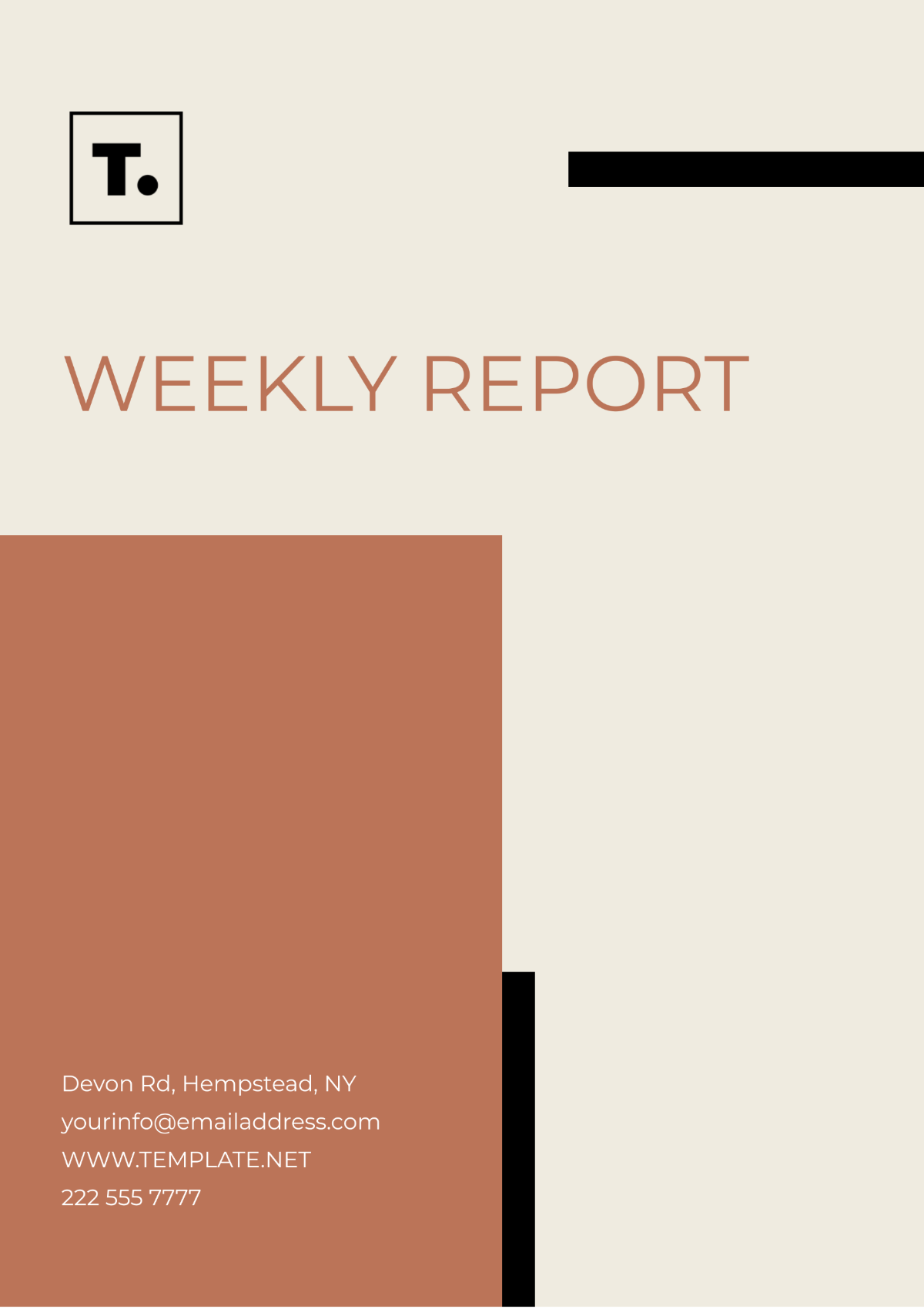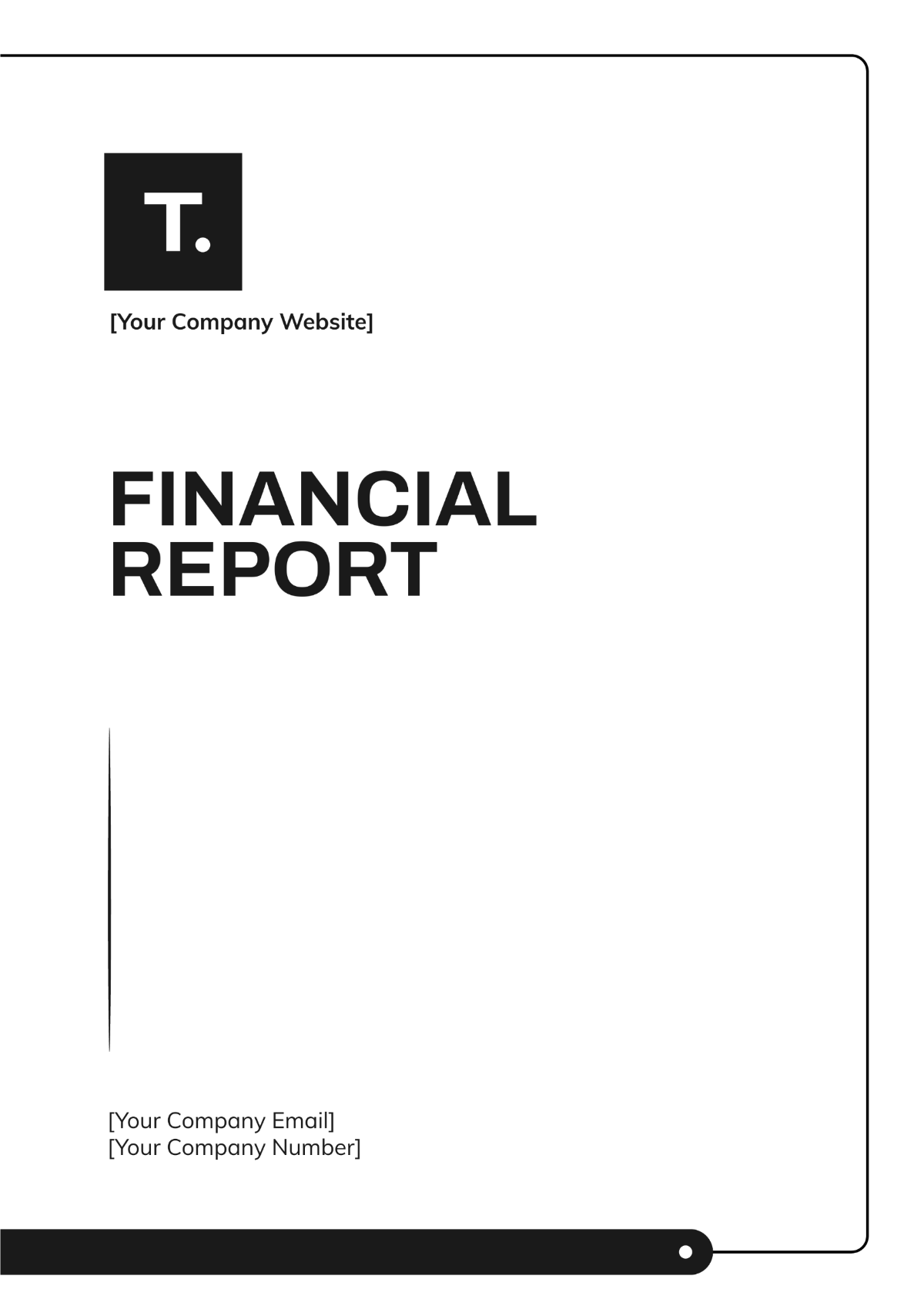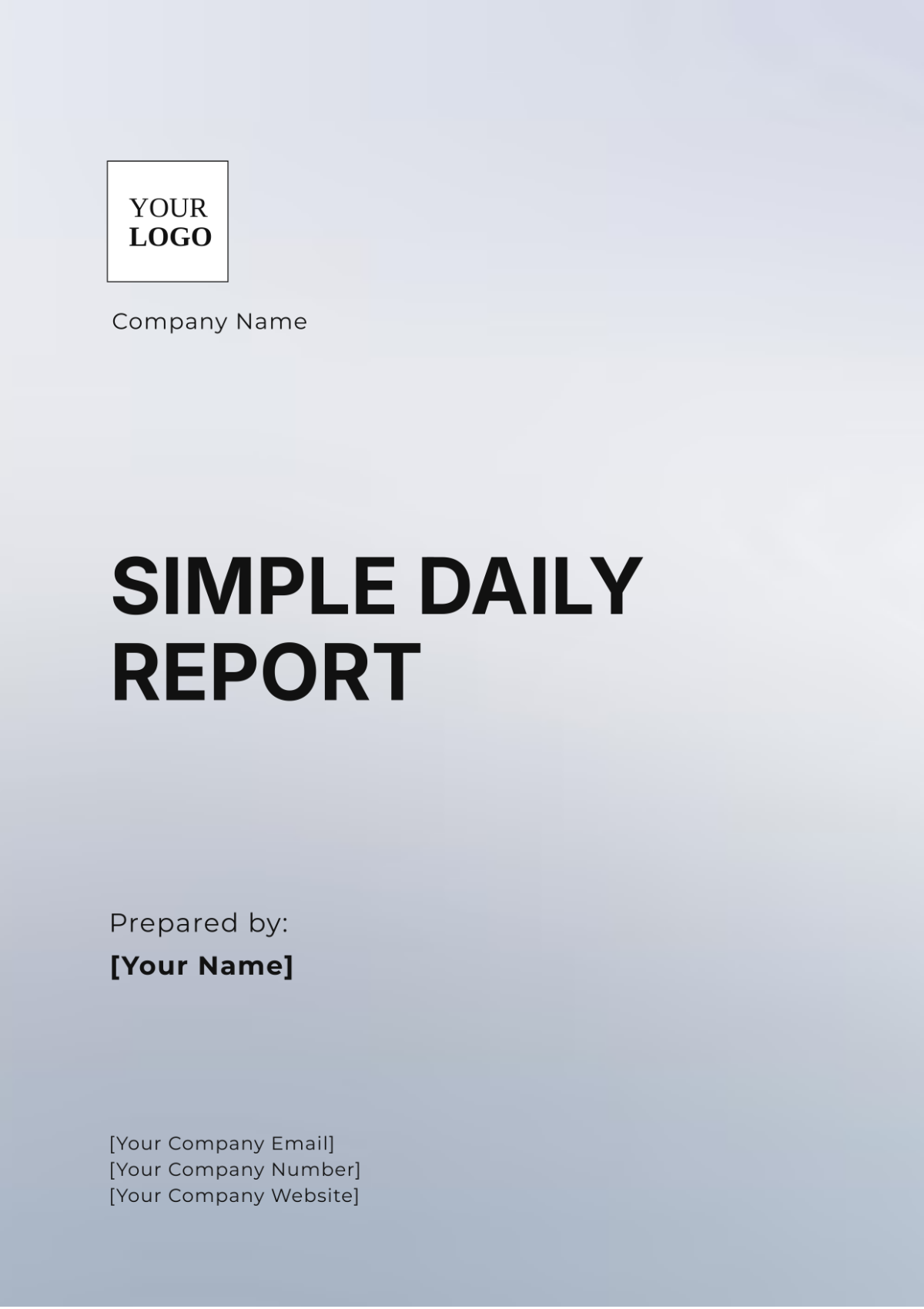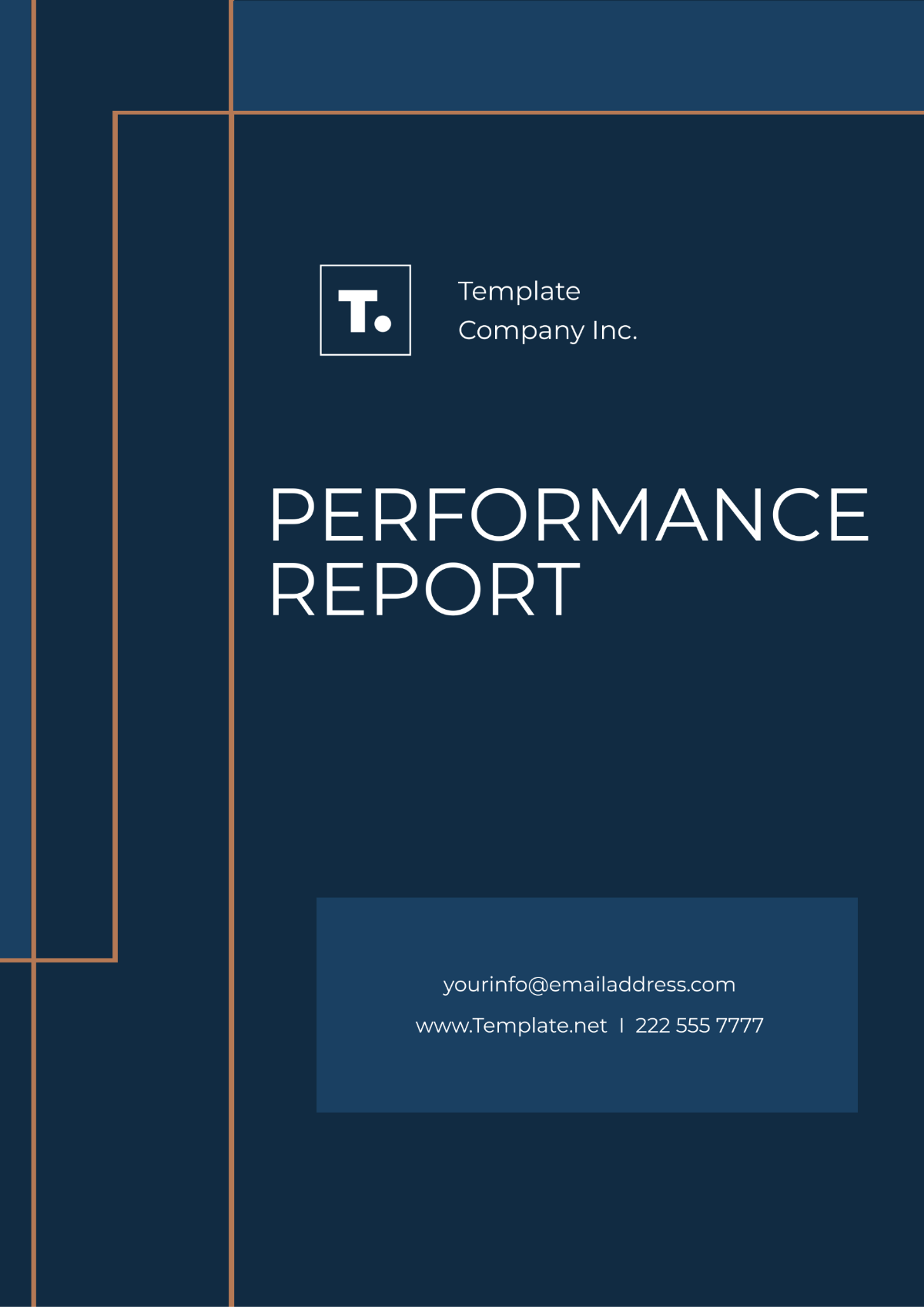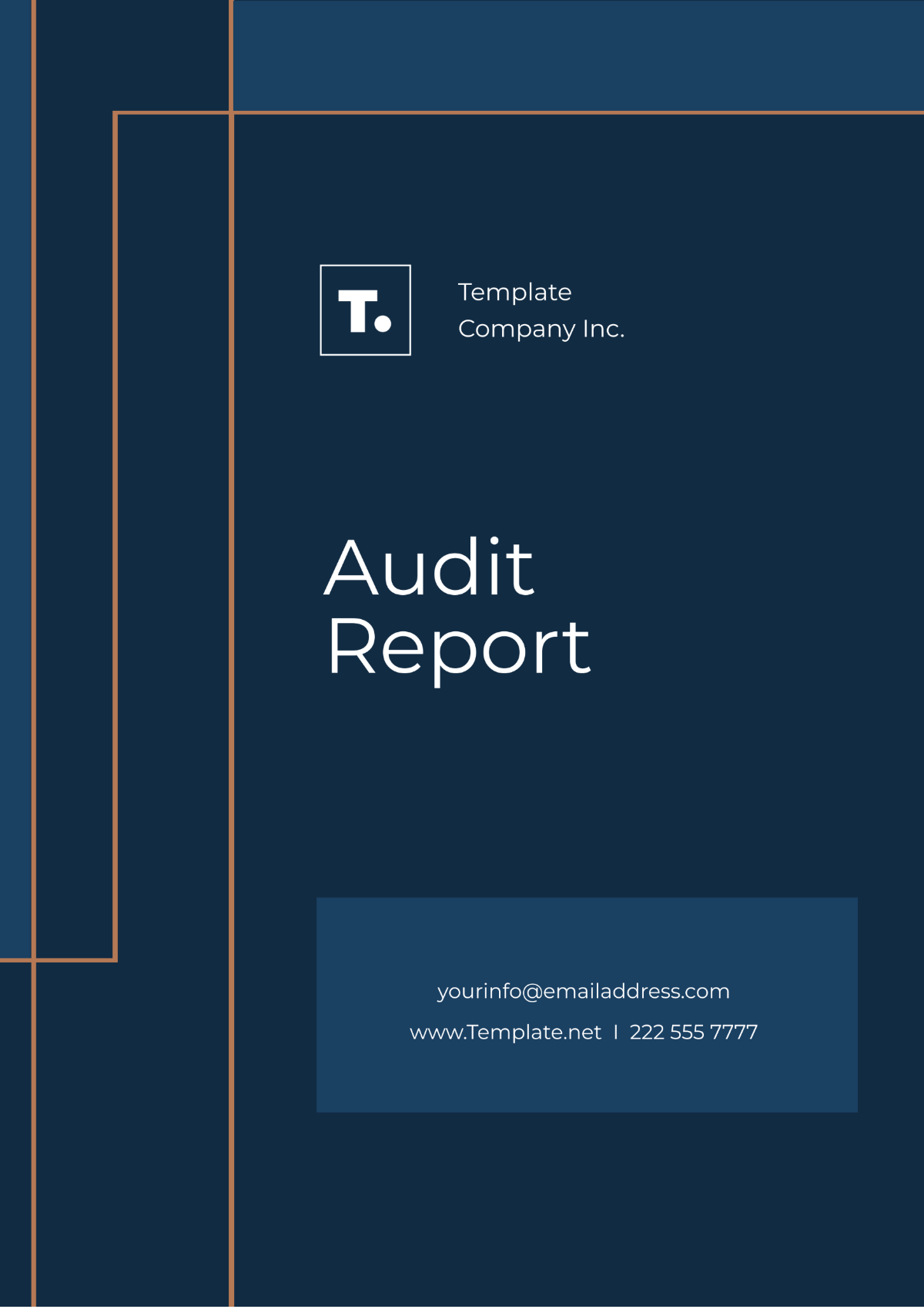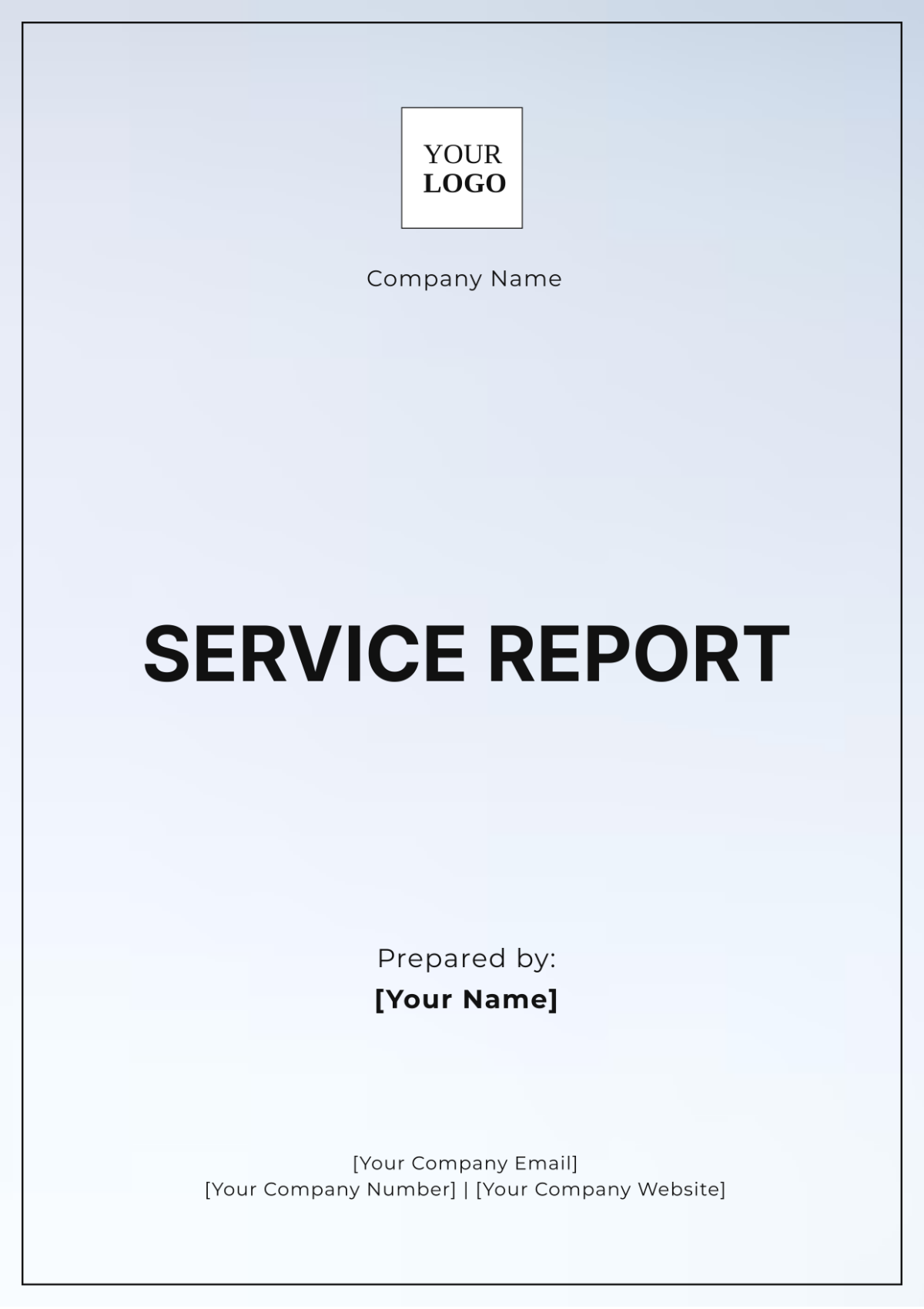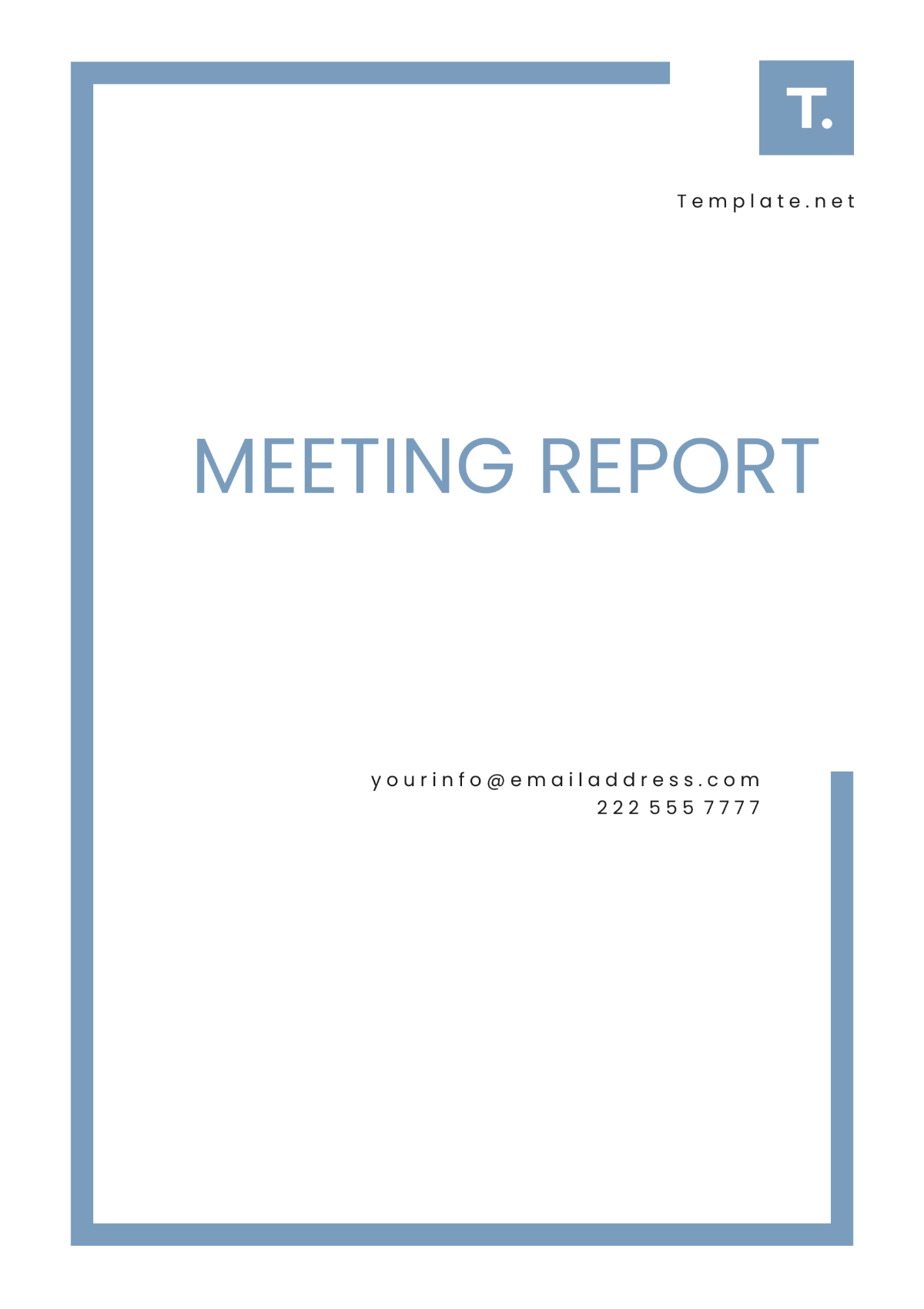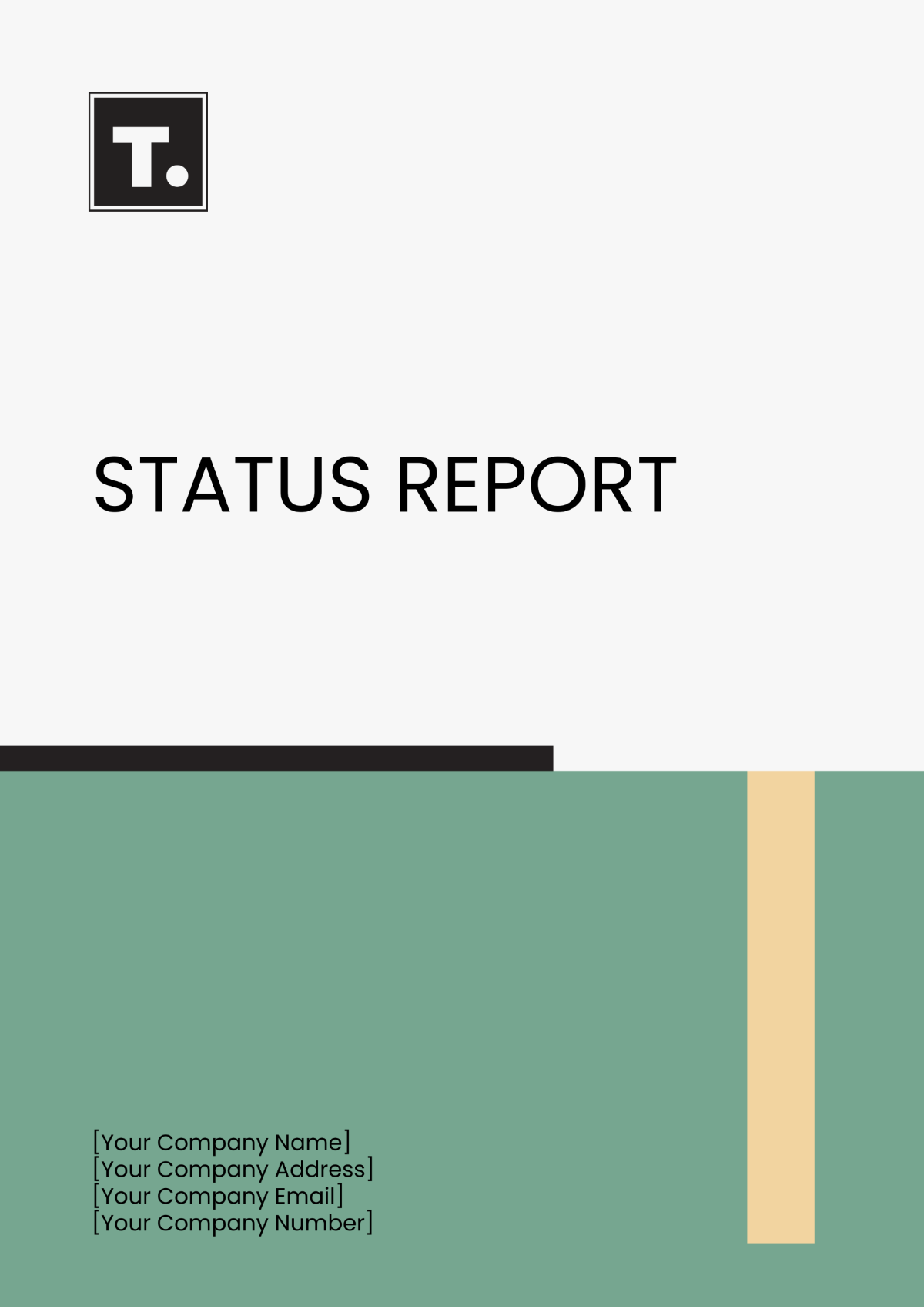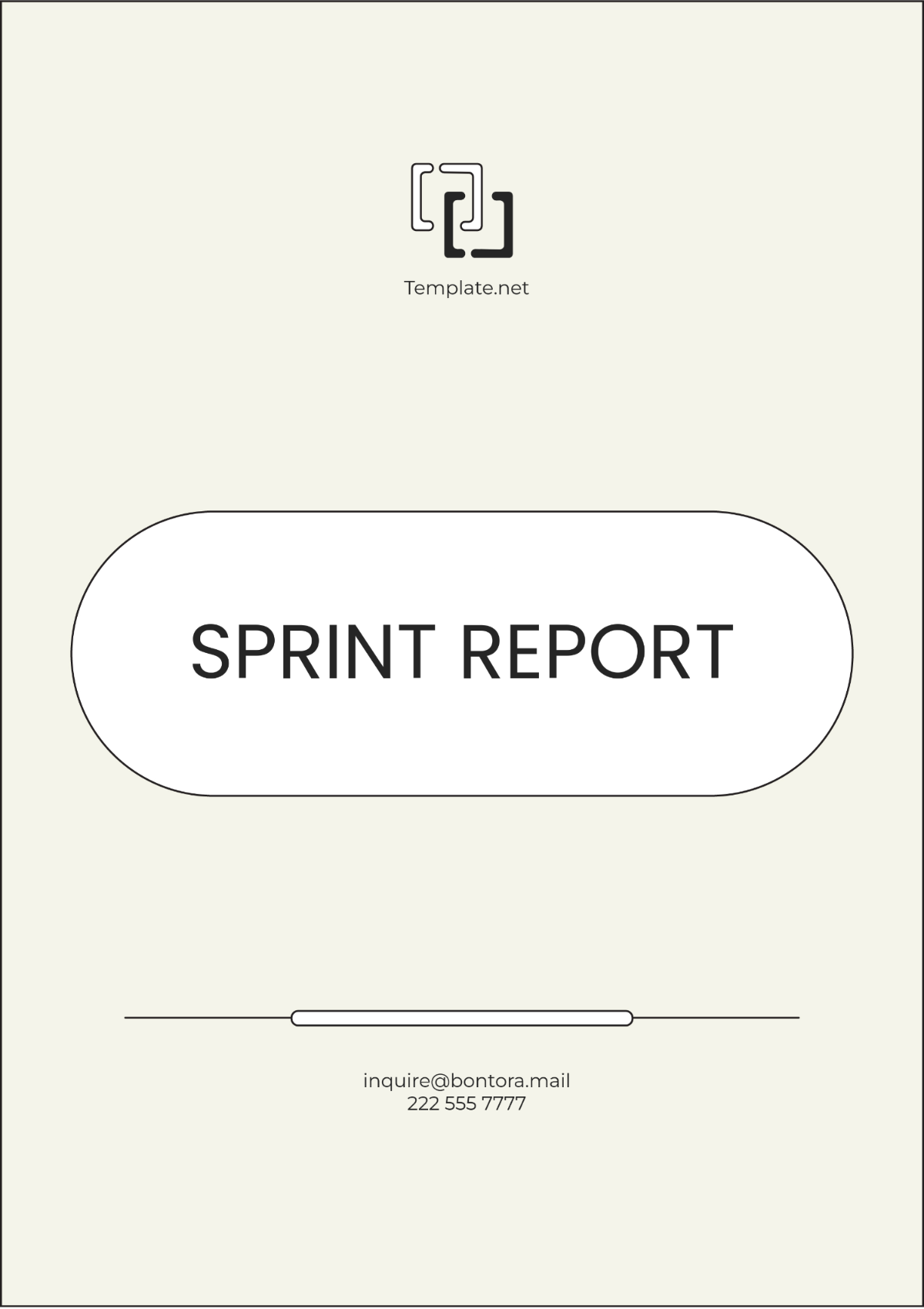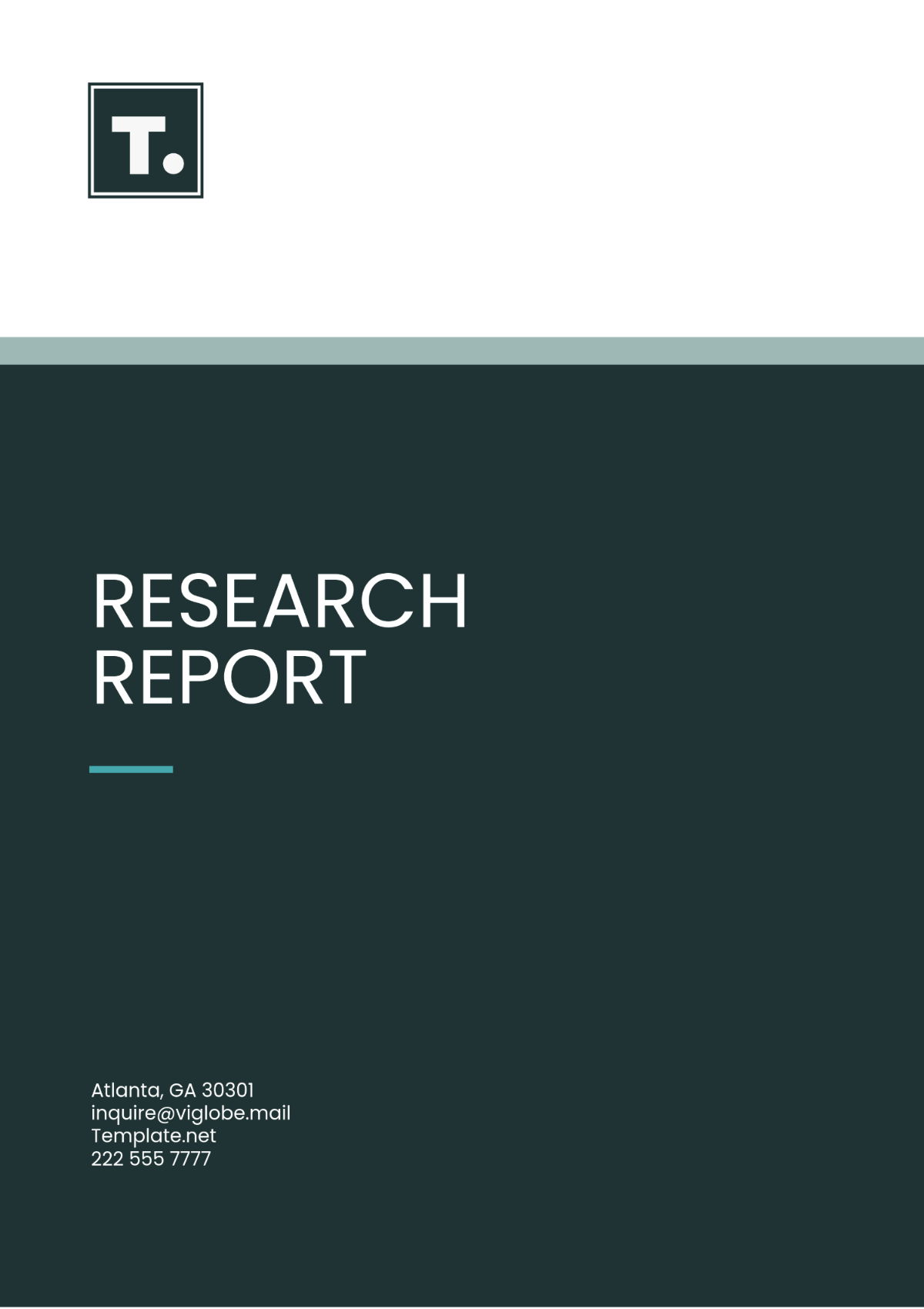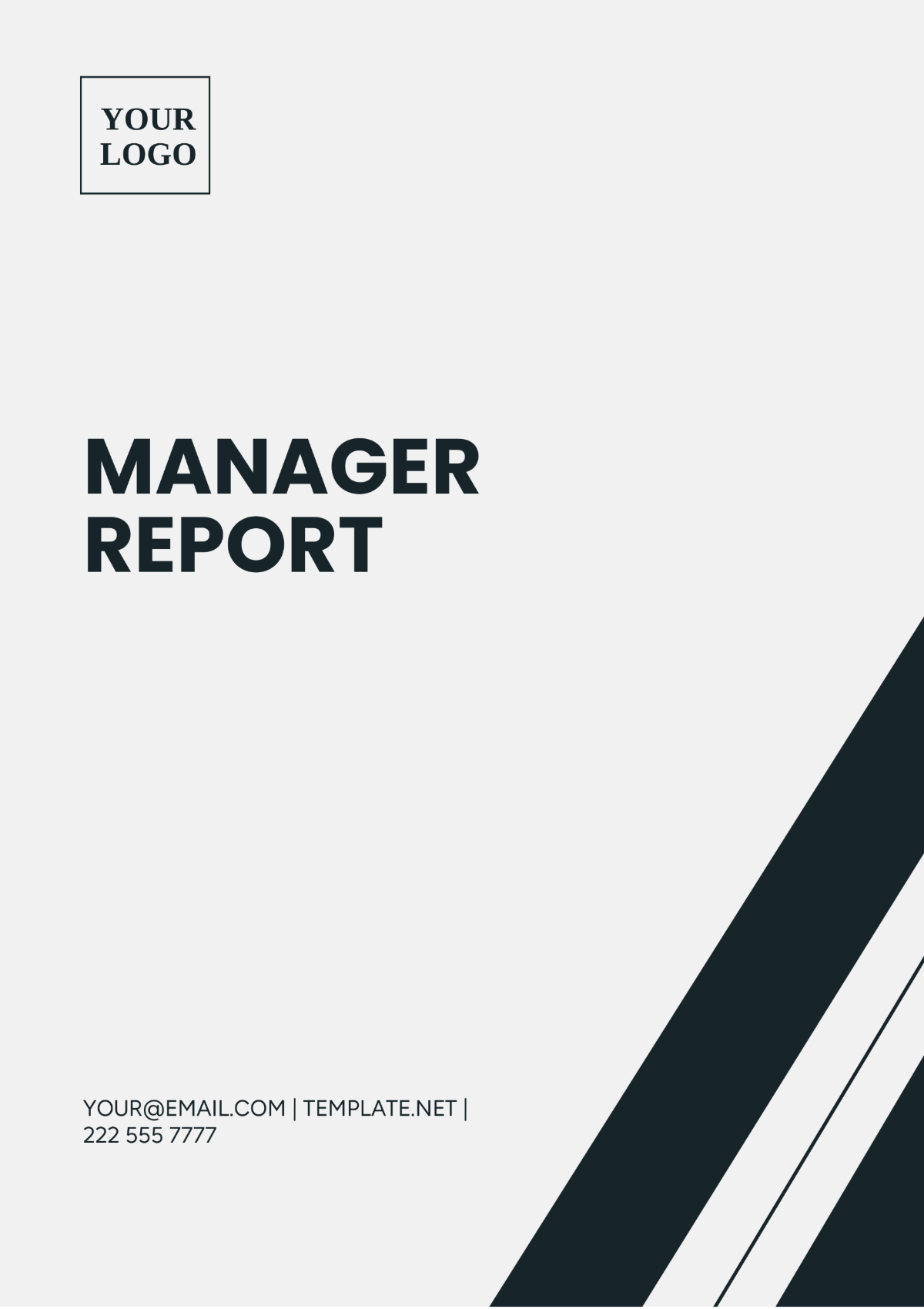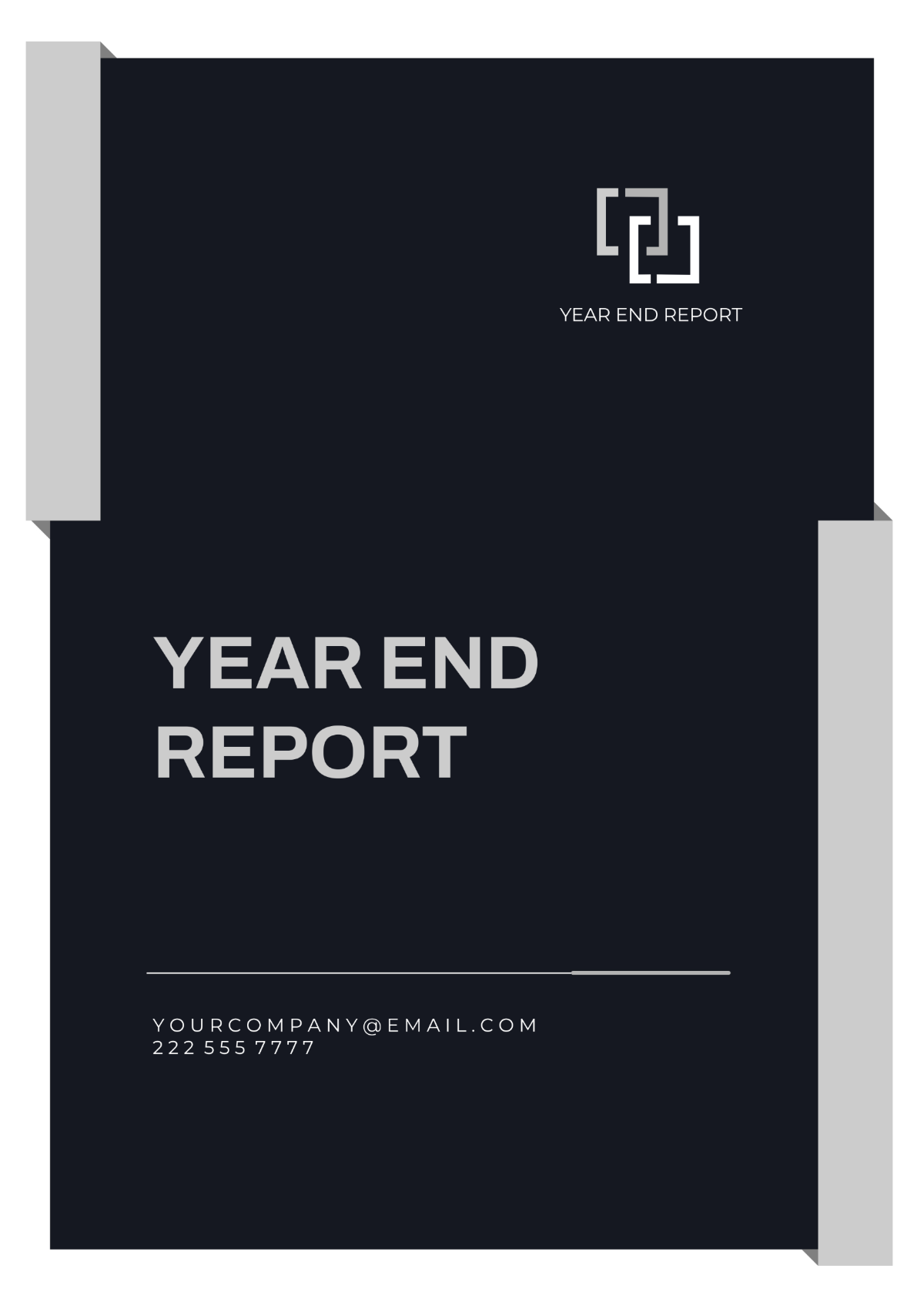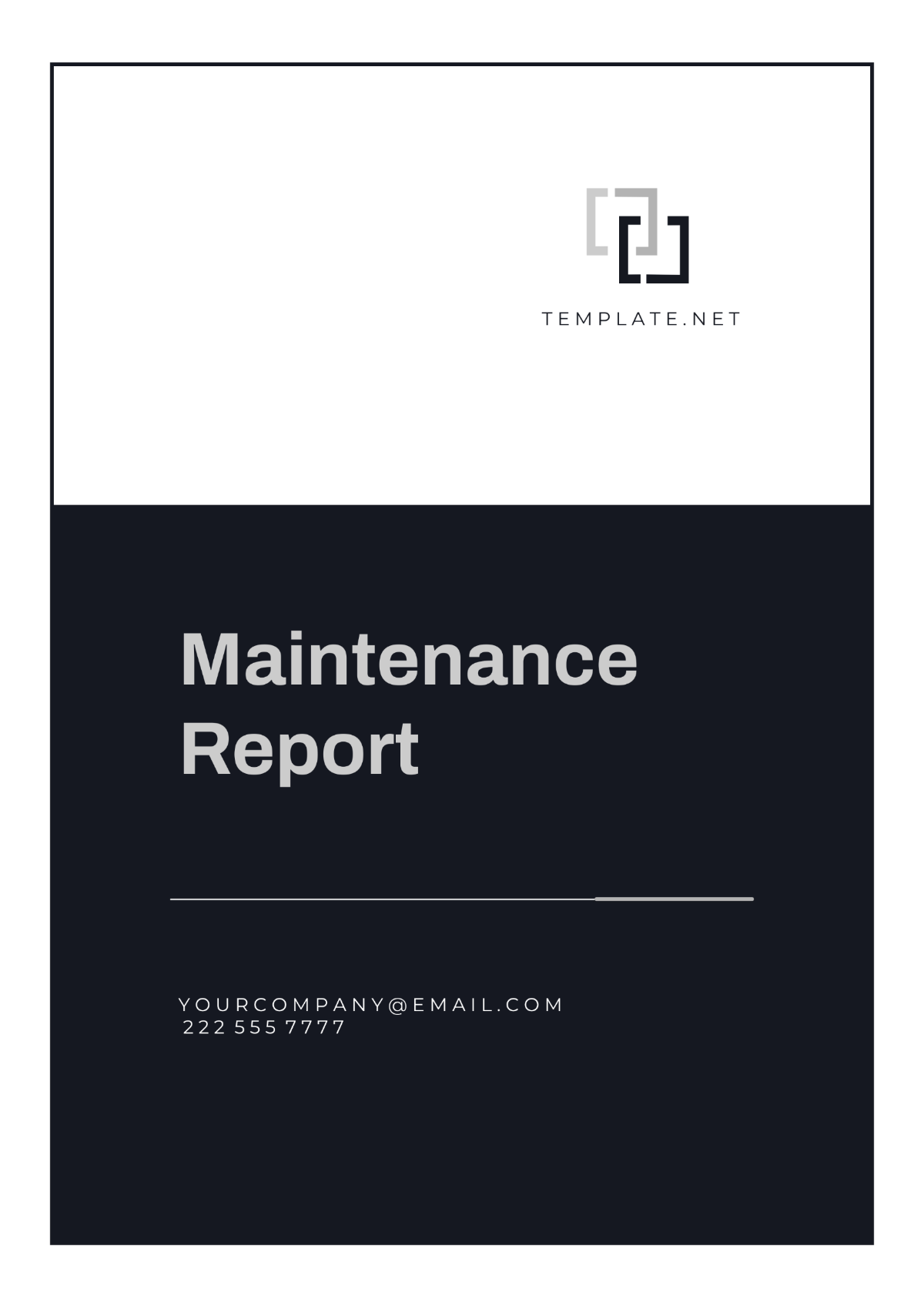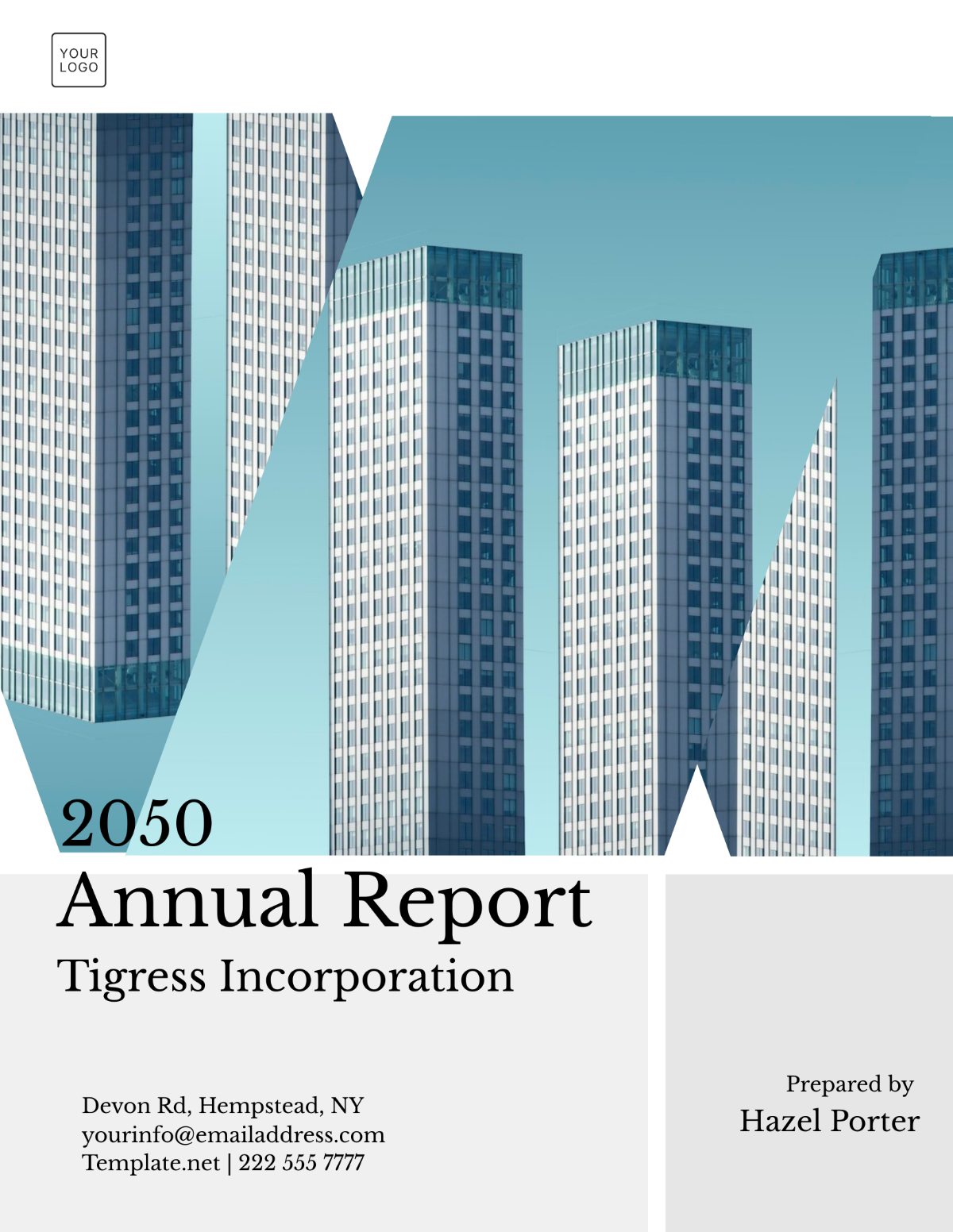Monthly Purchase Outline Management Report
Date: [DATE]
Prepared by: [YOUR NAME]
Company: [YOUR COMPANY NAME]
I. Executive Summary
This report offers a comprehensive overview of the purchases made by the company every month. It underscores key trends observed during this period, highlights significant transactions that have taken place, and identifies areas where there is potential for cost savings.
A. Key Trends
In the past month, there has been a noticeable increase in the purchase of raw materials, driven by higher production demands. Additionally, office supplies purchases have decreased, reflecting a shift towards remote working arrangements.
Increased raw material purchases
Decrease in office supplies expenses.
Stable utility costs
B. Significant Transactions
Several high-value purchases were made this month, which include substantial investments in new machinery and bulk orders for essential raw materials.
Purchase of new CNC machine for $120,000
Bulk order of steel at $50,000
Acquisition of software licenses totaling $25,000
II. Detailed Purchase Breakdown
A. Raw Materials
The majority of this month's budget was allocated to raw materials to support increased production. The main categories included metals, plastics, and chemicals.
Category | Amount Spent | Percentage of Total Budget |
|---|---|---|
Metals | $80,000 | 40% |
Plastics | $30,000 | 15% |
Chemicals | $20,000 | 10% |
B. Office Supplies
Spending on office supplies saw a significant drop this month, with expenditures primarily for essential items such as paper, ink, and sanitation supplies.
Item | Amount Spent | Percentage of Total Office Supplies Budget |
|---|---|---|
Paper | $5,000 | 50% |
Ink | $2,000 | 20% |
Sanitation Supplies | $3,000 | 30% |
III. Cost-Saving Opportunities
Based on the analysis of this month’s purchases, several opportunities for cost savings have been identified. These involve renegotiation of supplier contracts, bulk purchase agreements, and reduction of non-essential expenditures.
A. Renegotiation of Supplier Contracts
Current contracts with key suppliers should be reviewed to explore opportunities for better pricing, discounts, or extended payment terms.
Review and renegotiate terms with metals suppliers.
Seek discounts on bulk plastic purchases.
Negotiate longer payment terms for chemical supplies.
B. Bulk Purchase Agreements
Entering into bulk purchase agreements for key materials can reduce per-unit costs and secure steady supplies at lower prices.
Consider bulk buying agreements for raw metals.
Explore bulk purchasing options for often-used office supplies.
C. Reduction of Non-Essential Expenditures
Identifying and minimizing non-essential purchases can lead to significant savings without affecting operational efficiency.
Reduce spending on non-essential office supplies.
Implement stringent approval processes for miscellaneous expenses.
IV. Conclusion
The Monthly Purchase Outline Management Report shows an increase in raw material purchases and a decrease in office supply expenses, emphasizing investments in machinery to support production. To improve cost efficiency, it suggests renegotiating supplier contracts, exploring bulk purchasing, and cutting non-essential expenses. Implementing these strategies can optimize budget management and enhance financial performance, with regular monitoring crucial for adapting to market changes.
